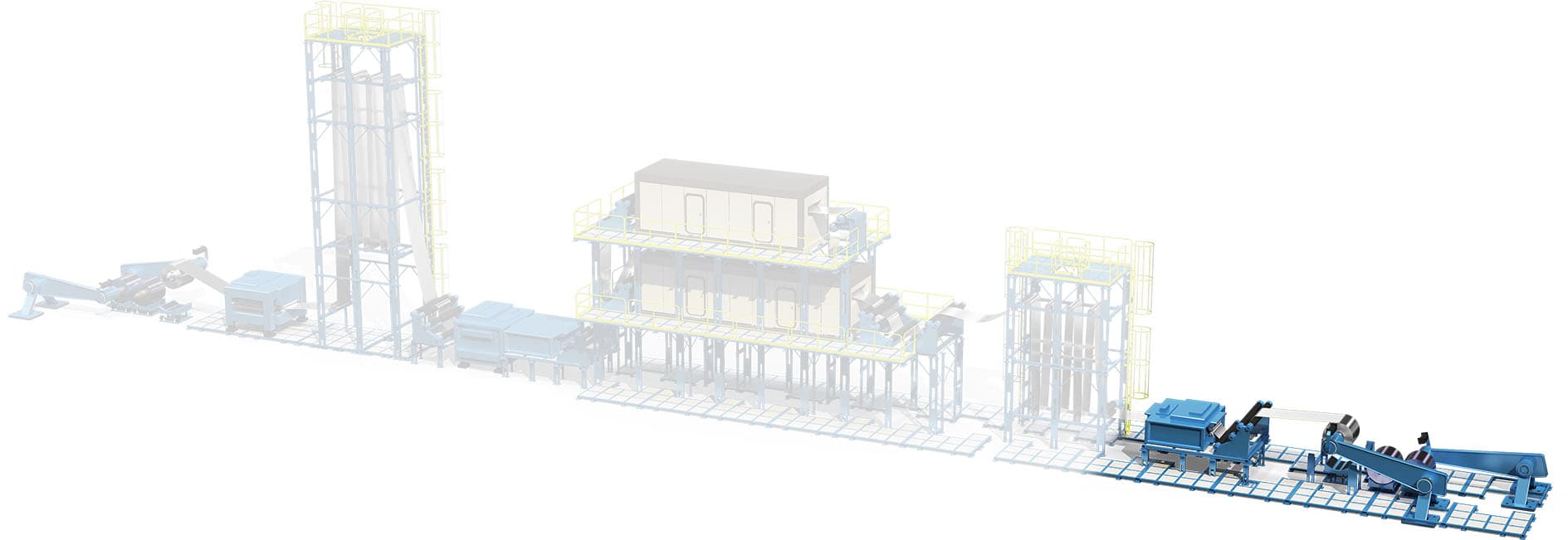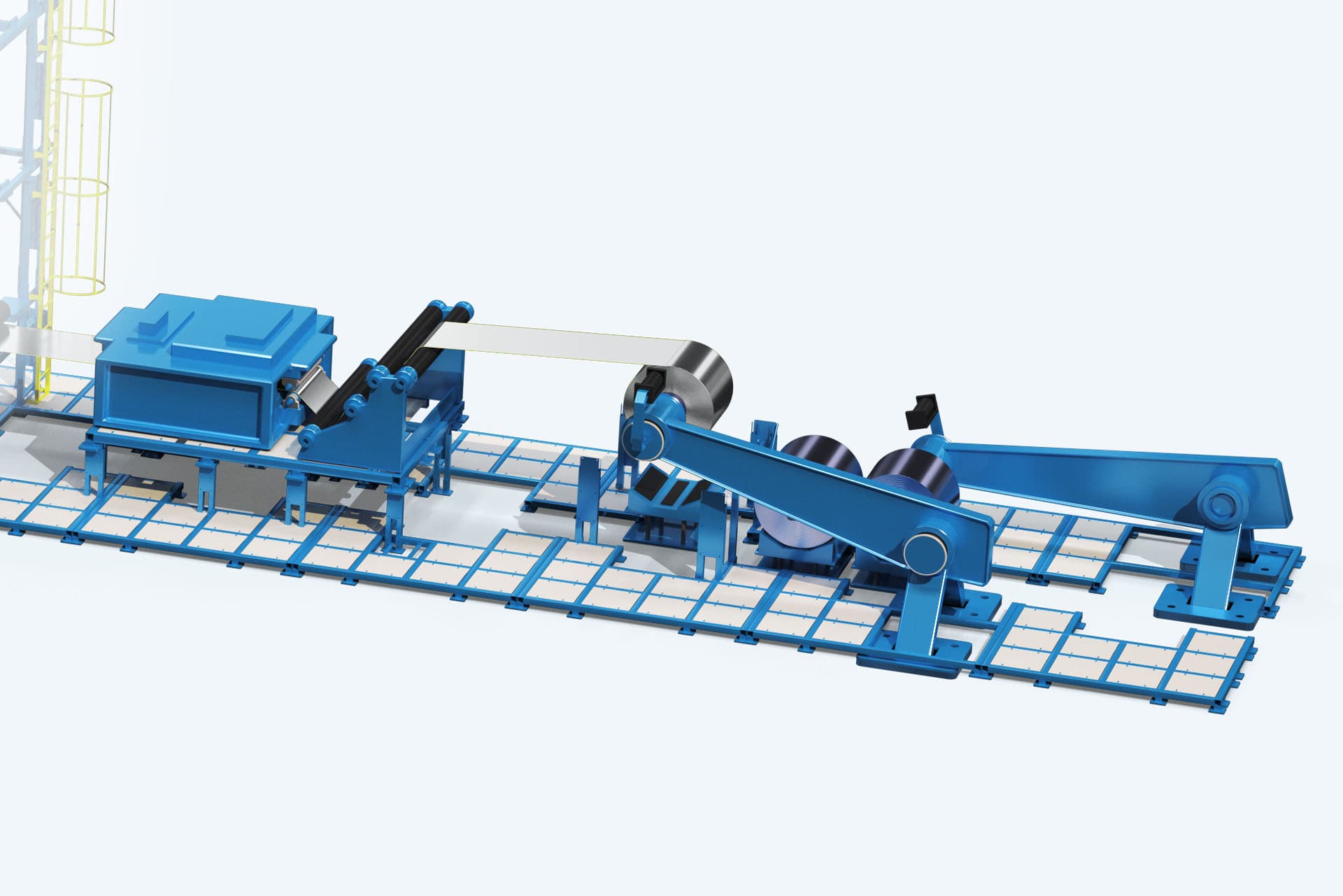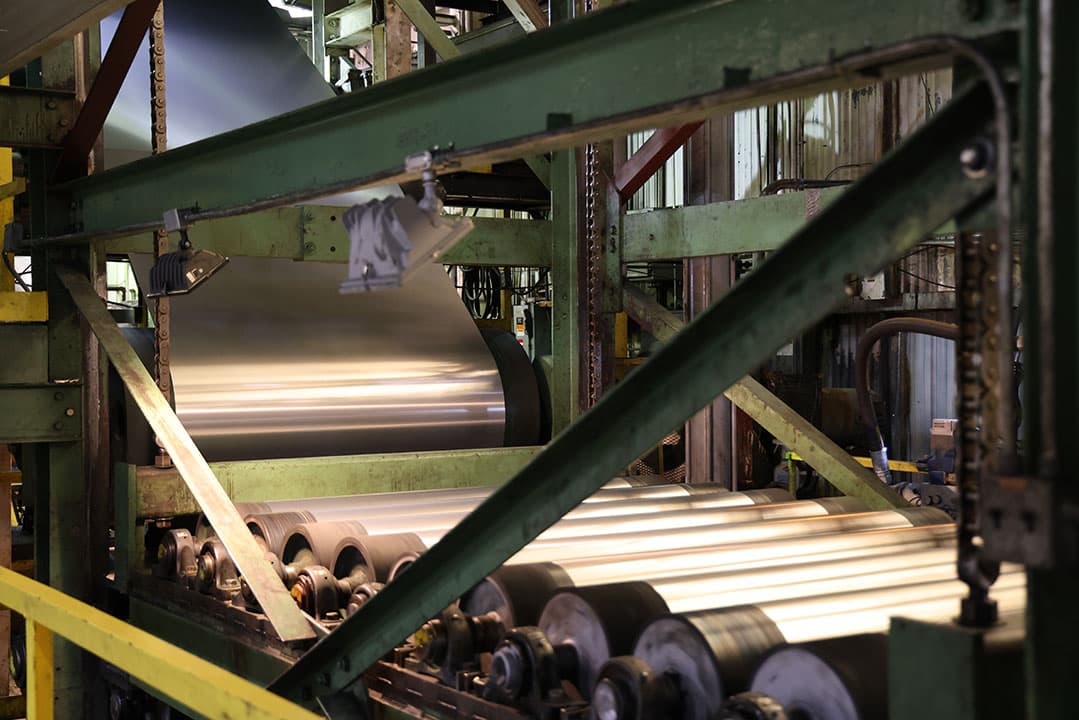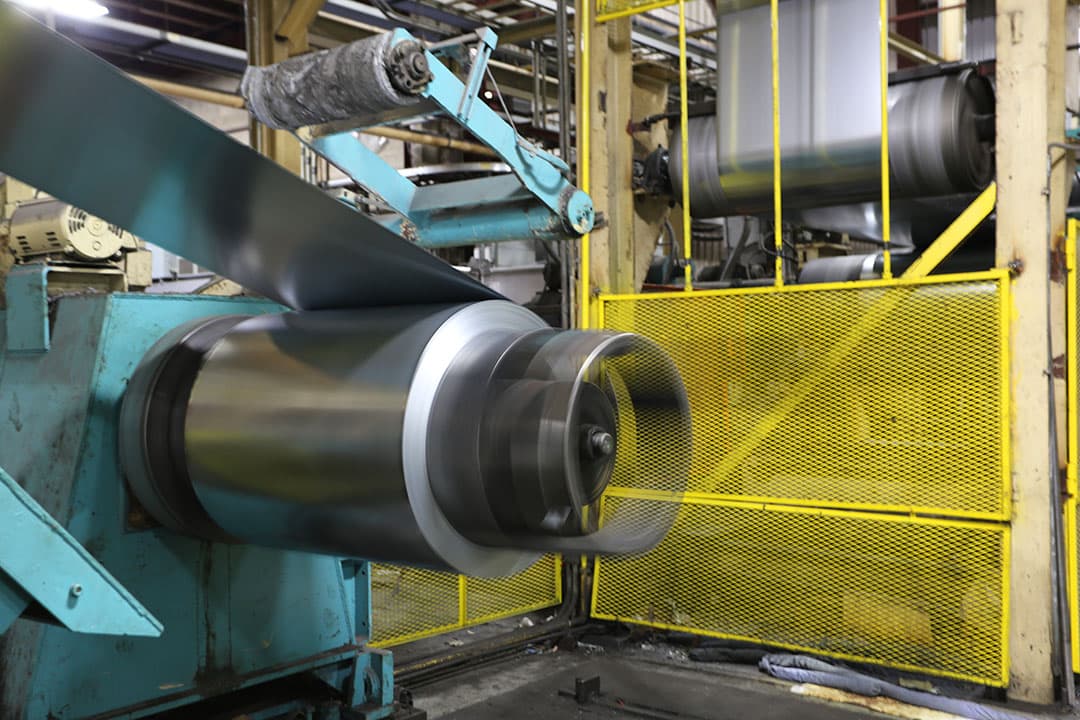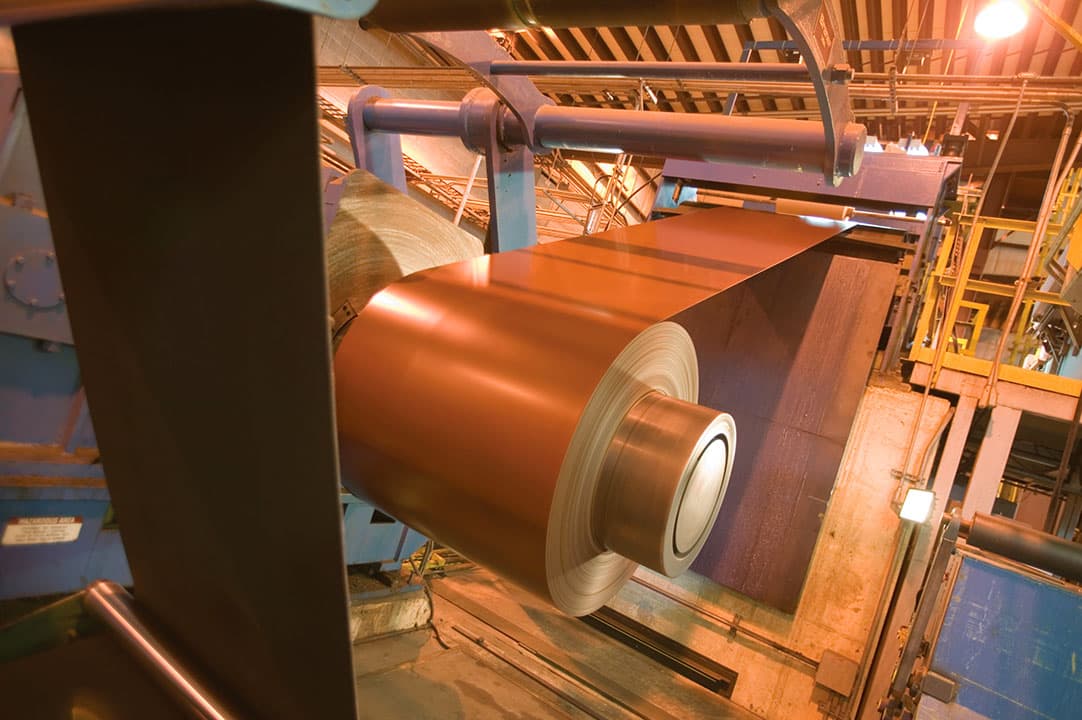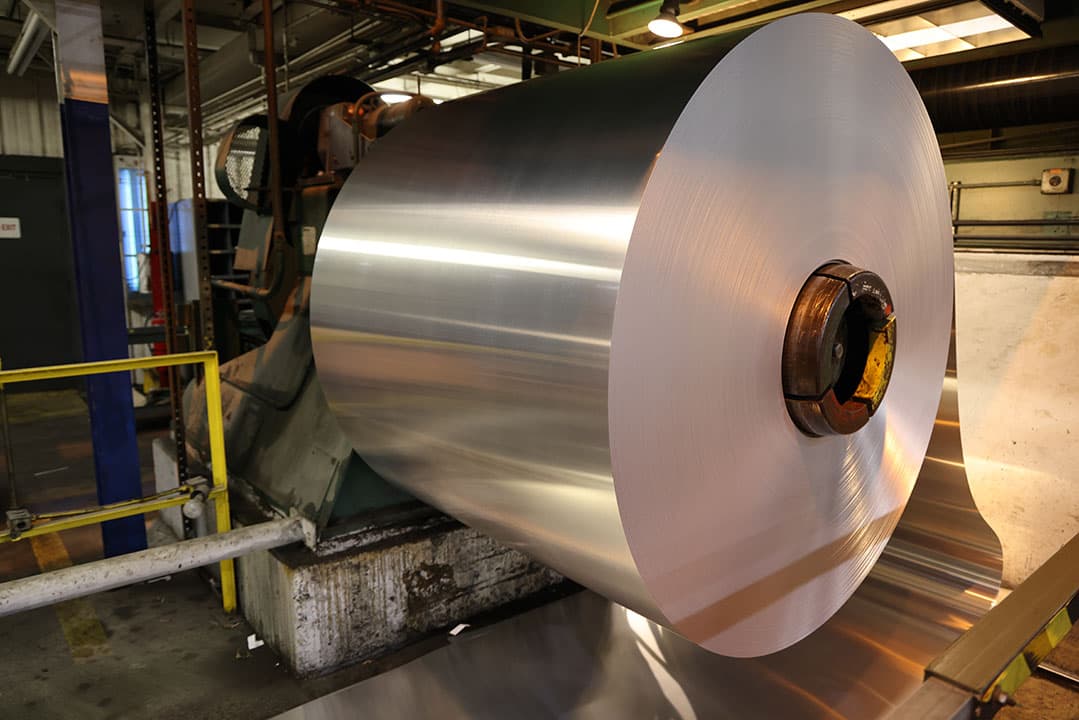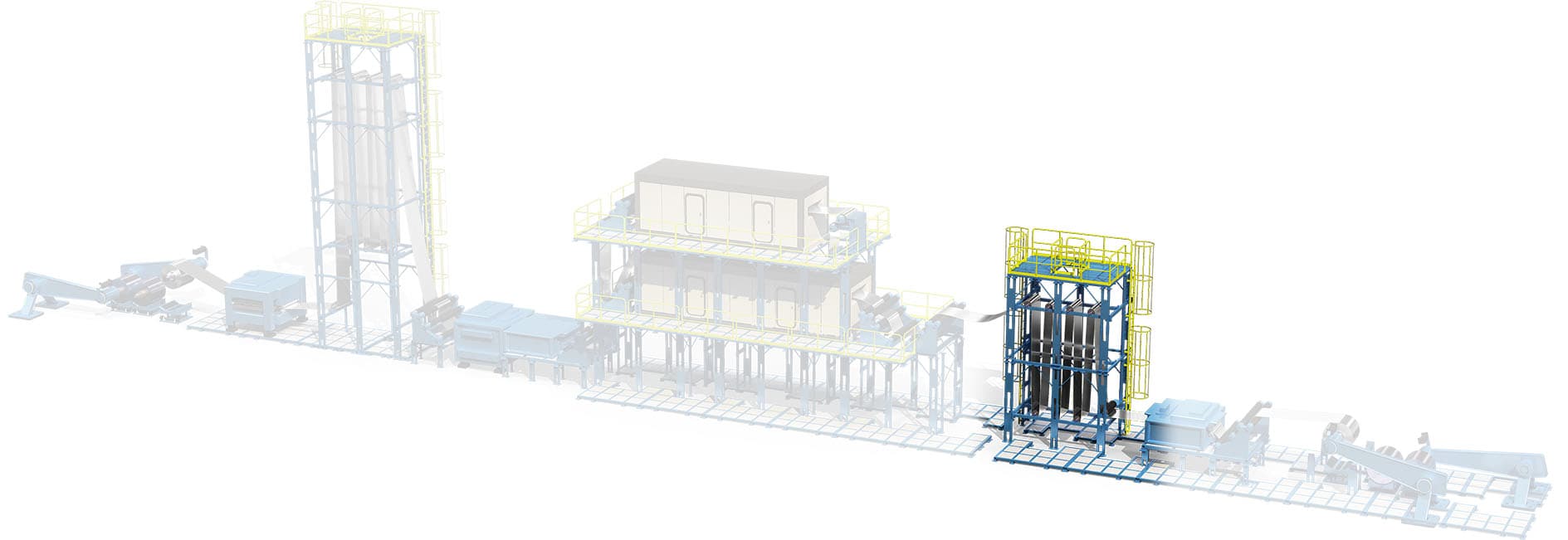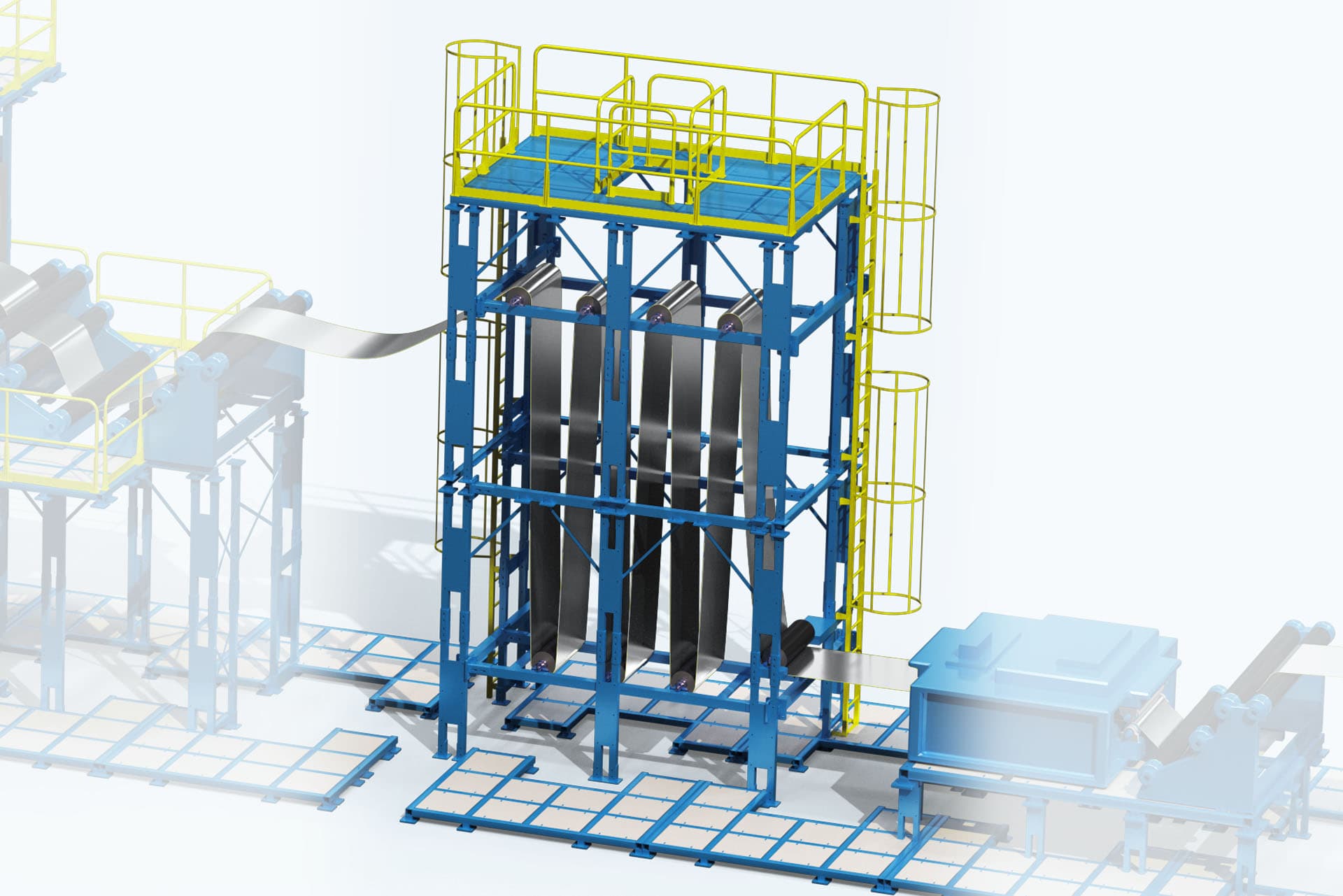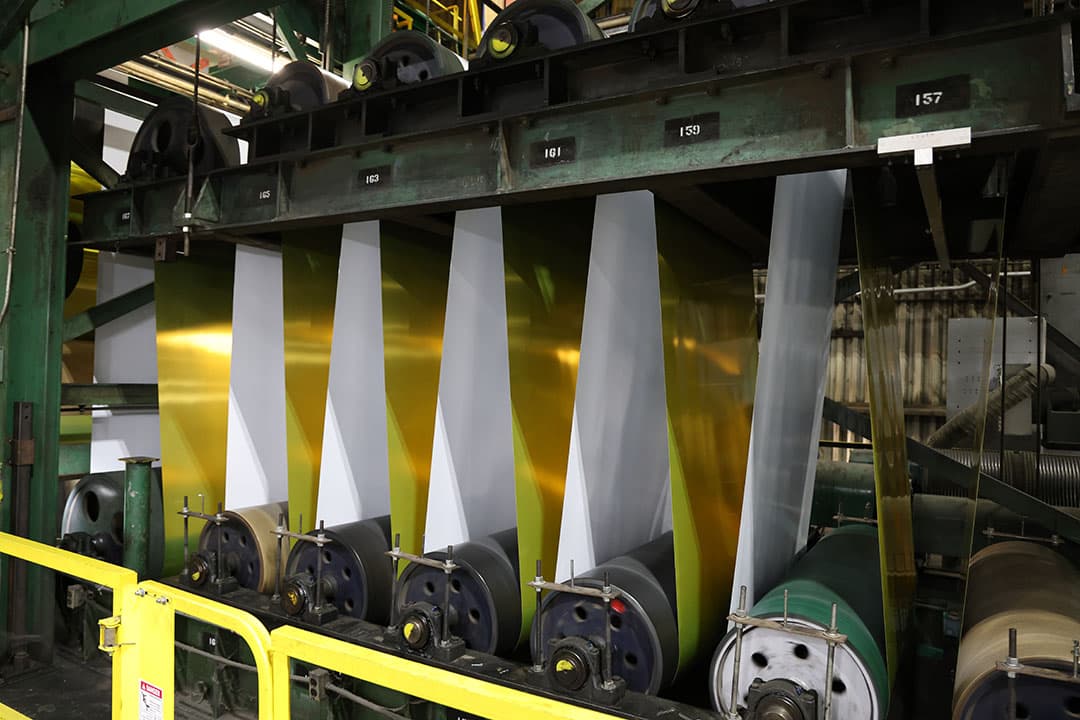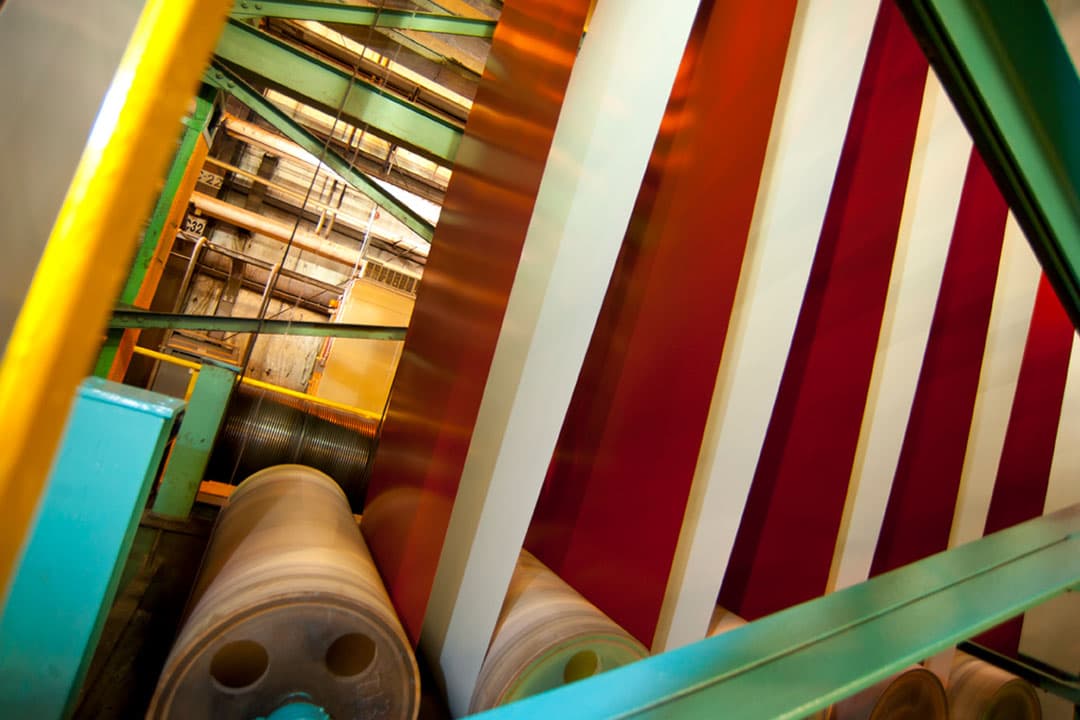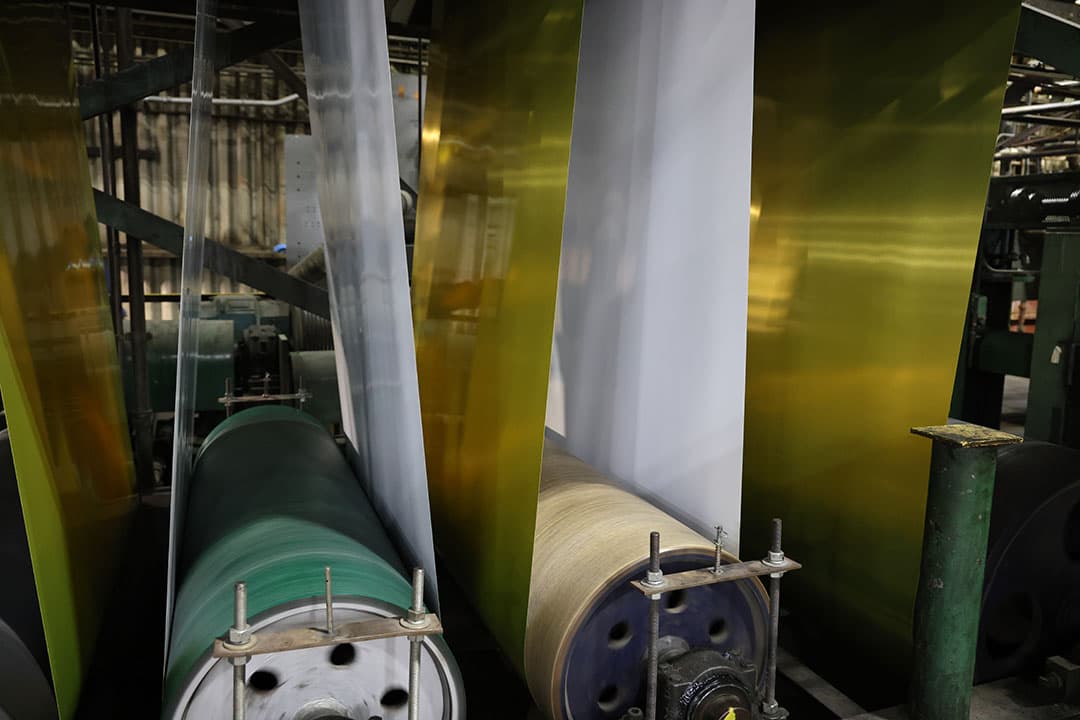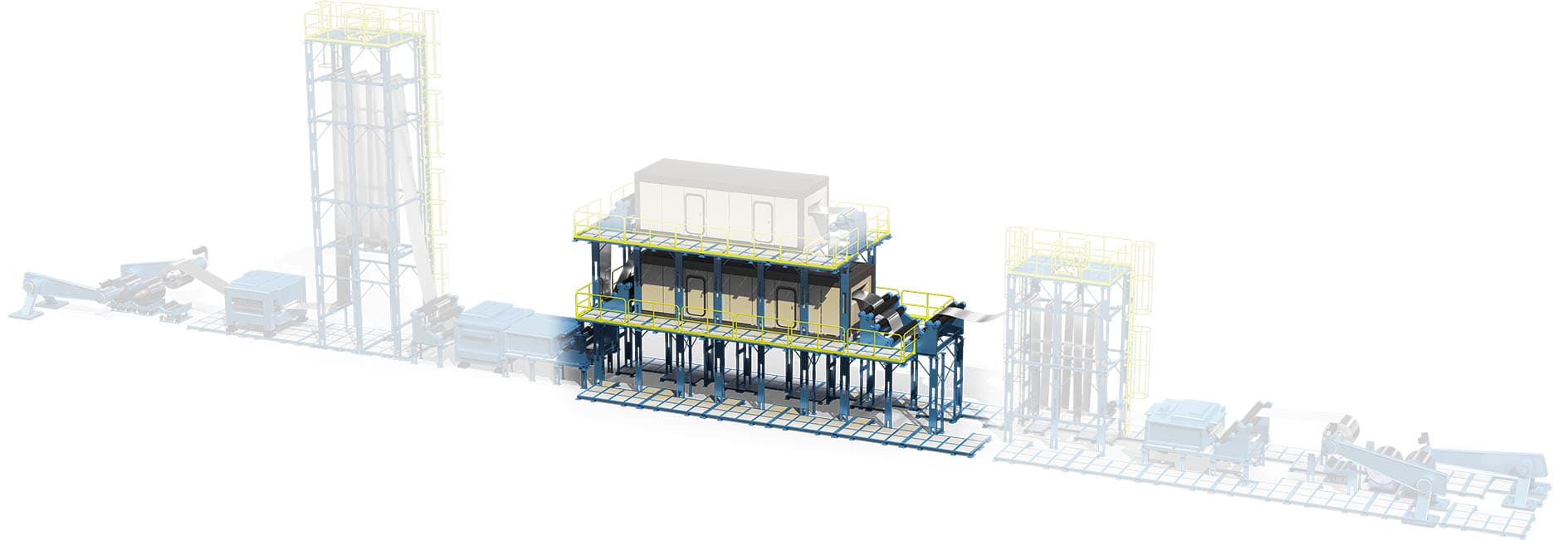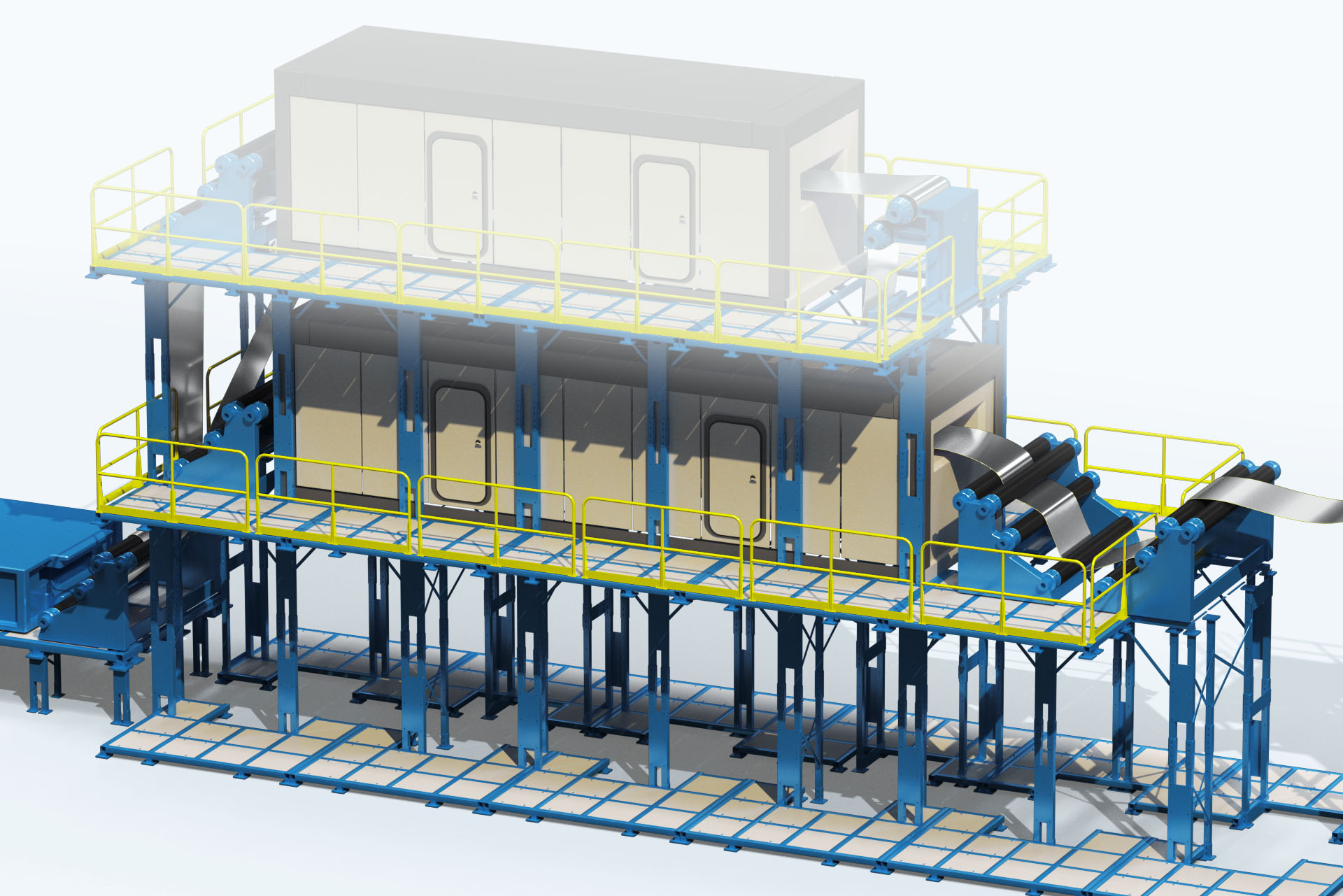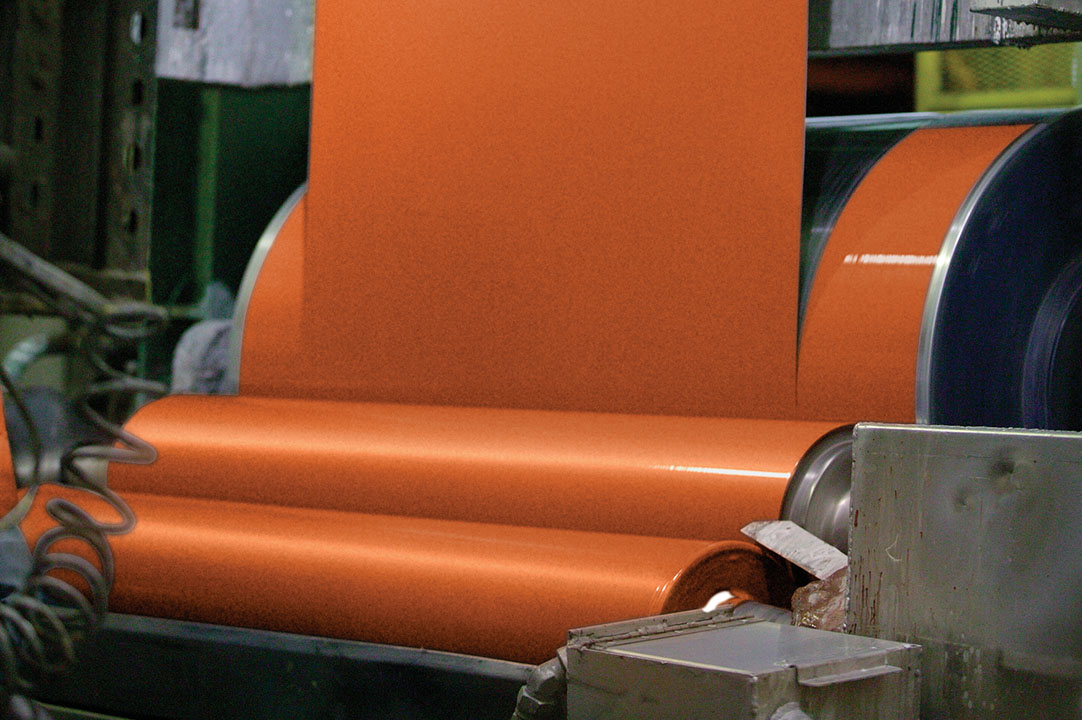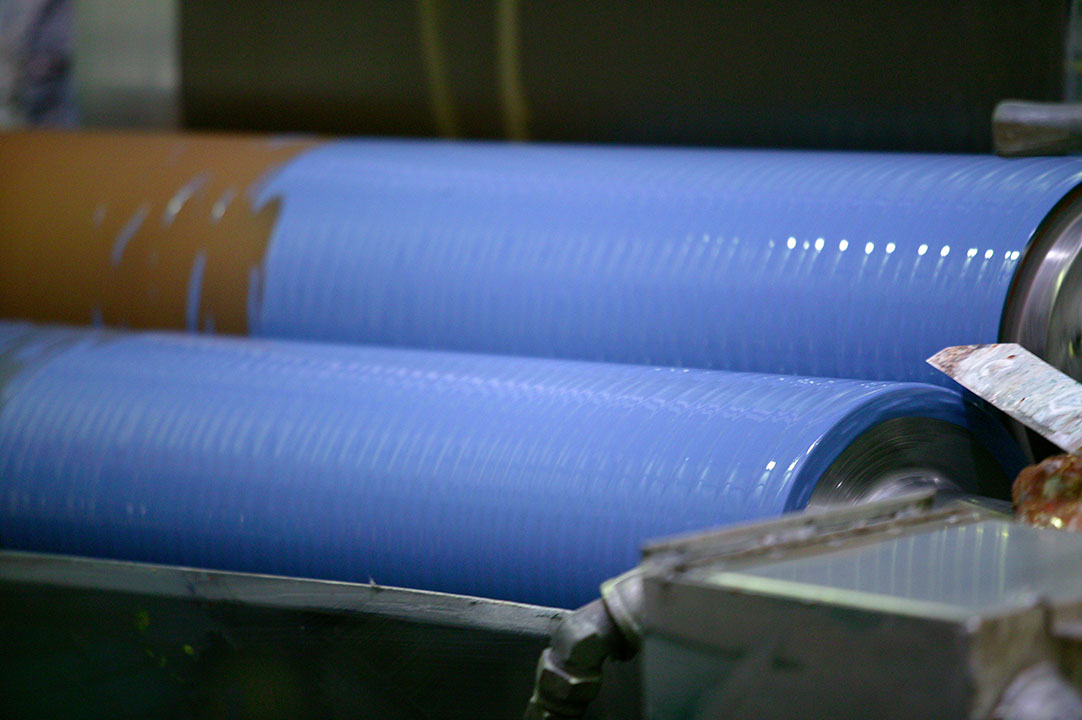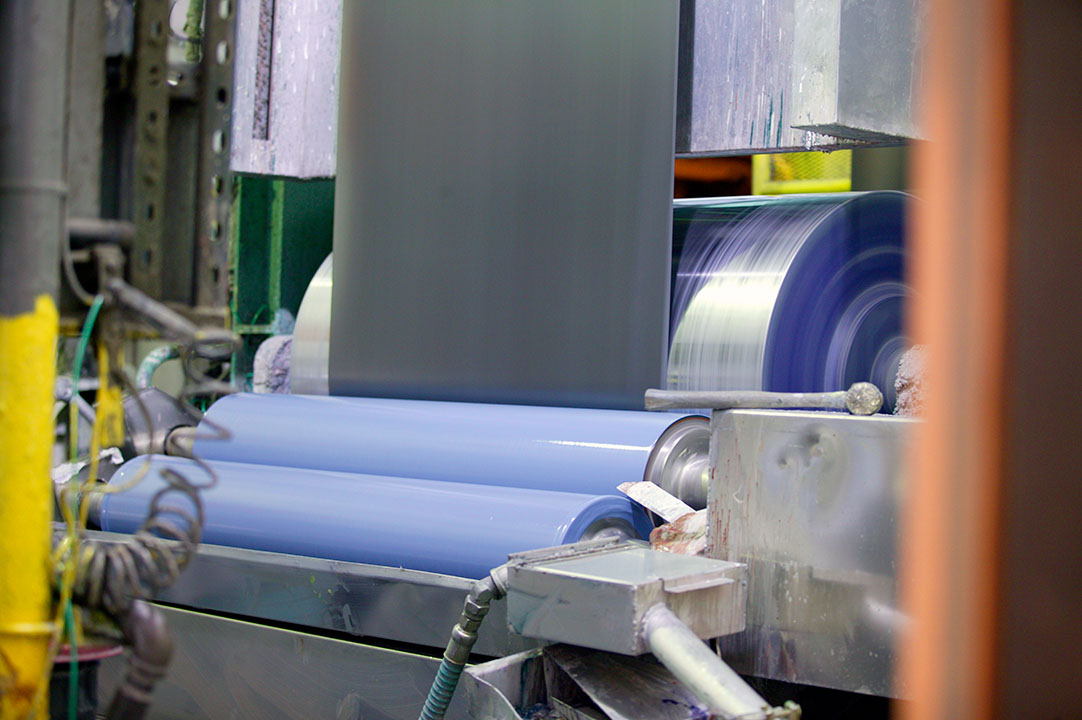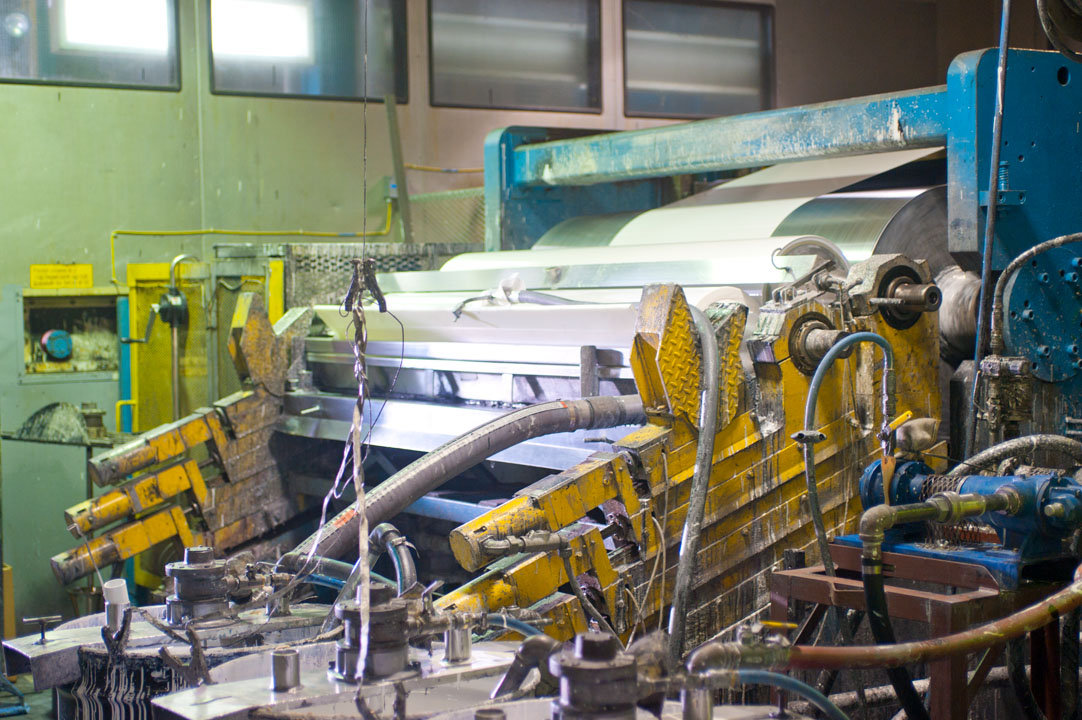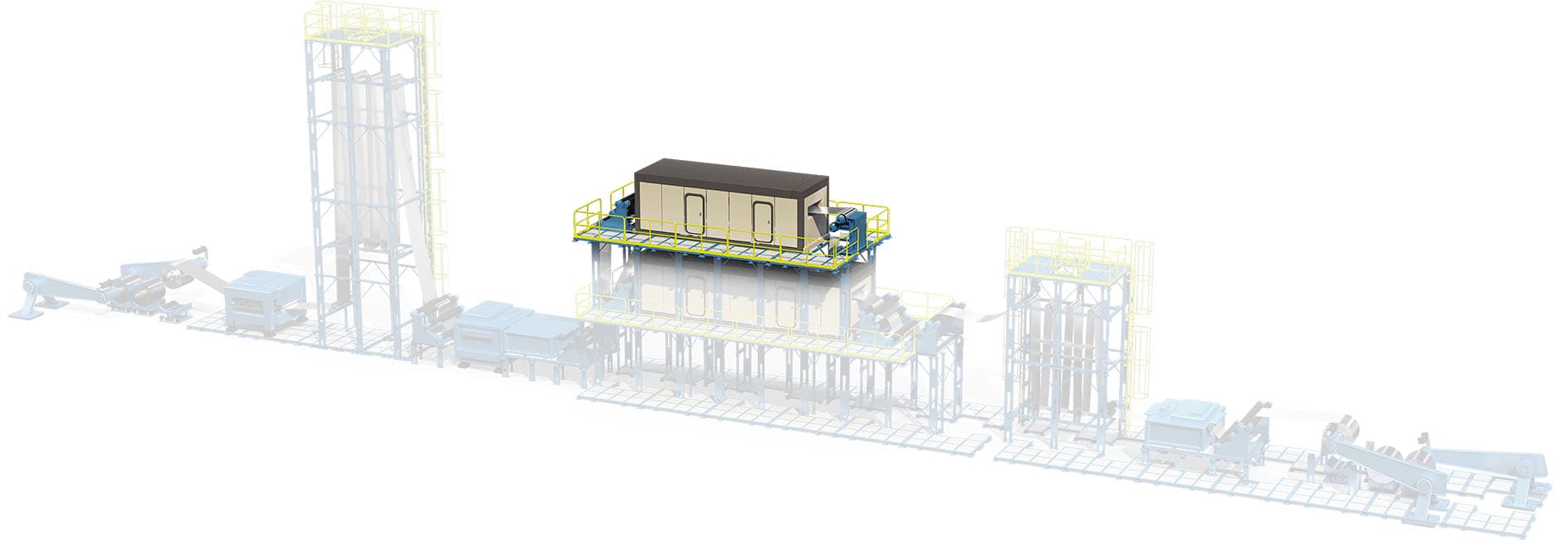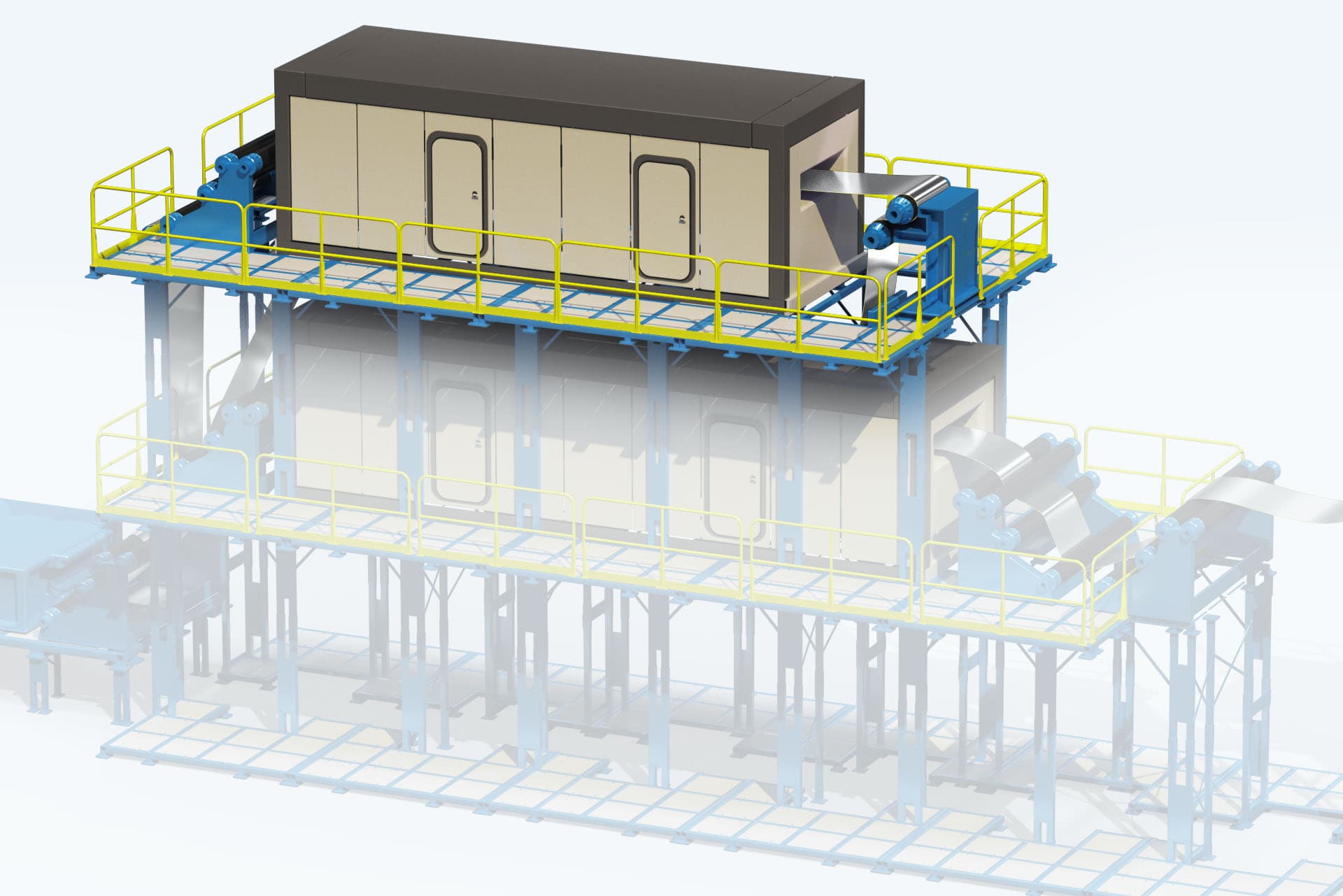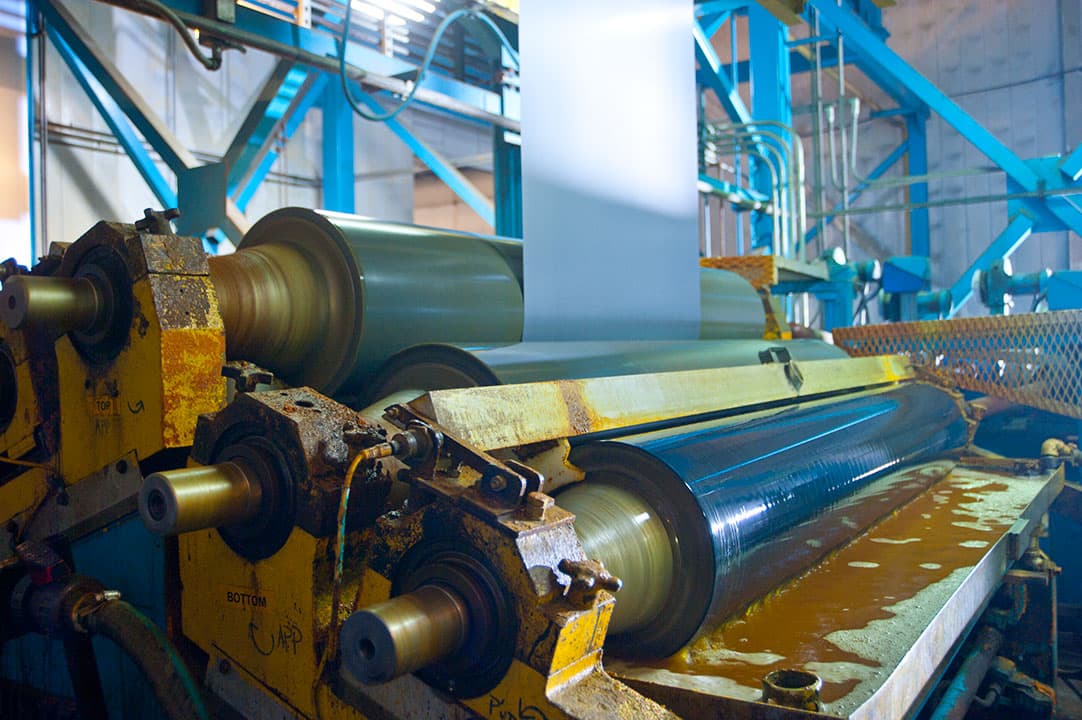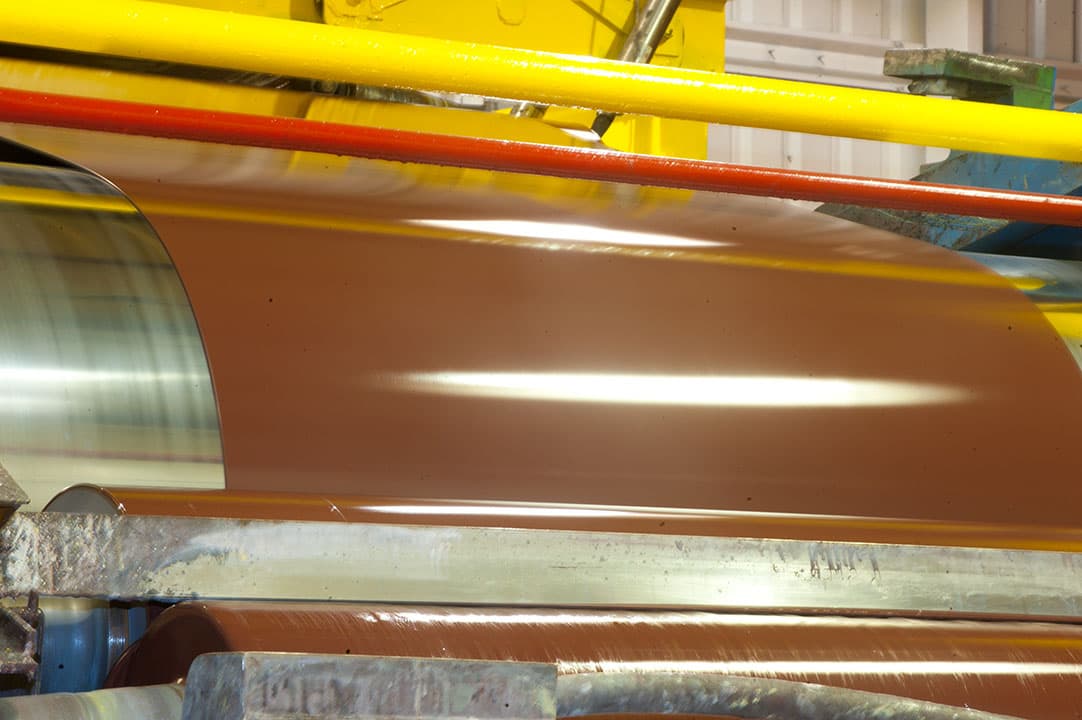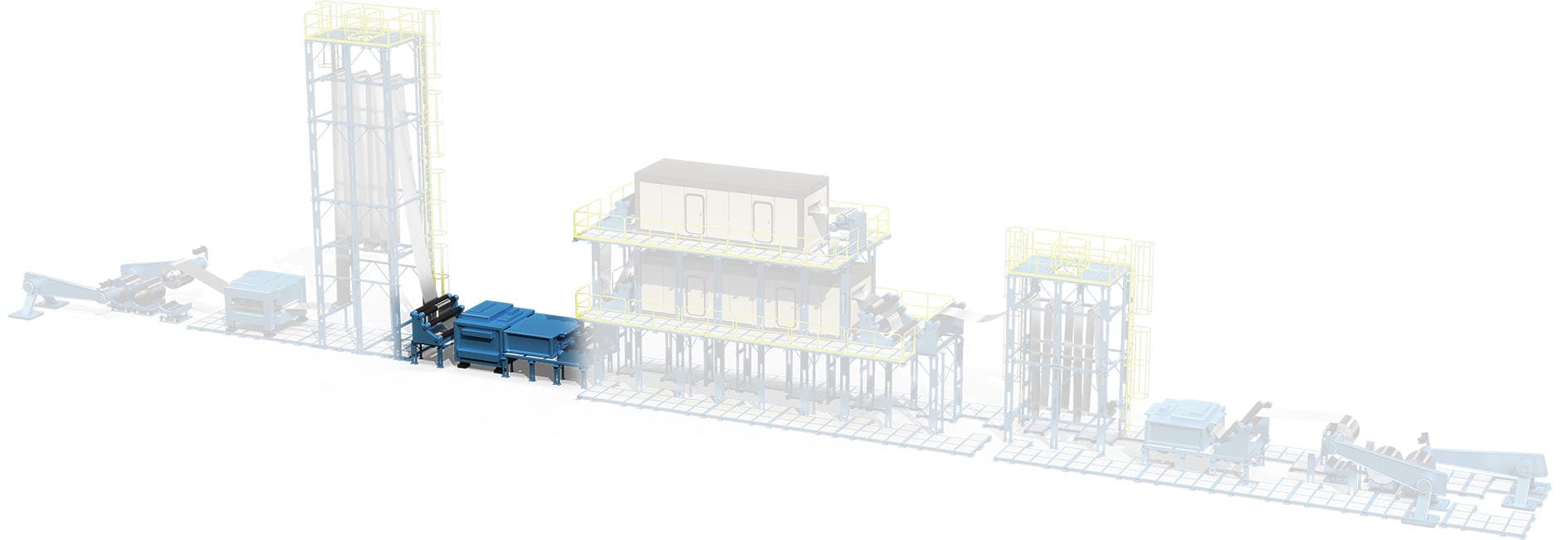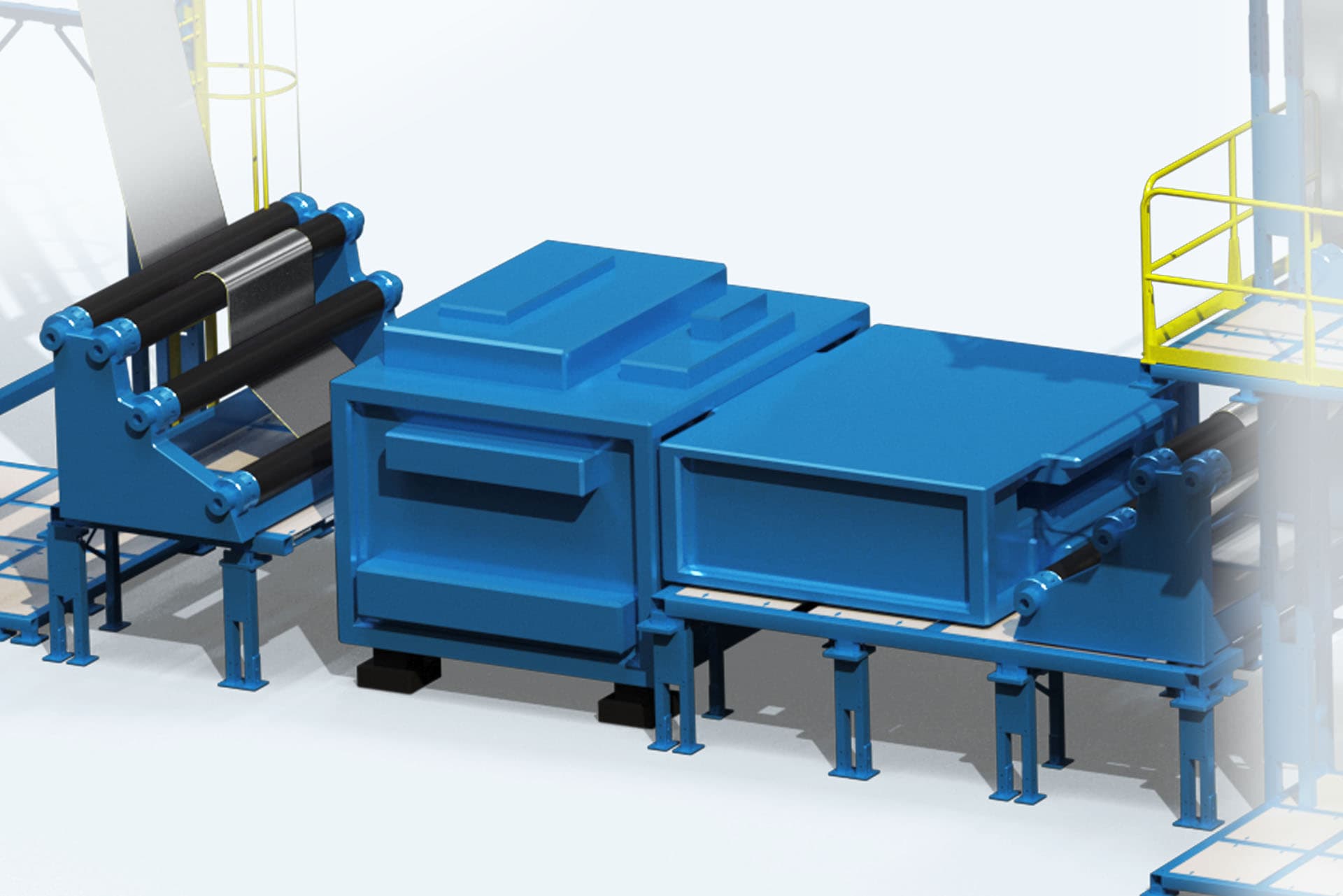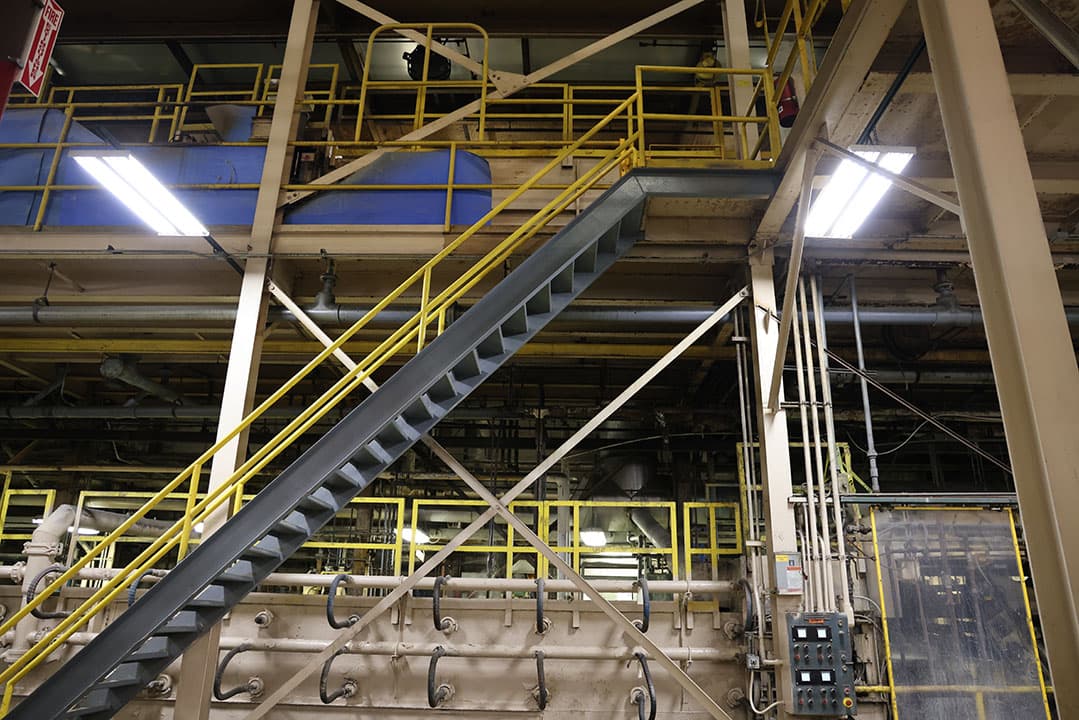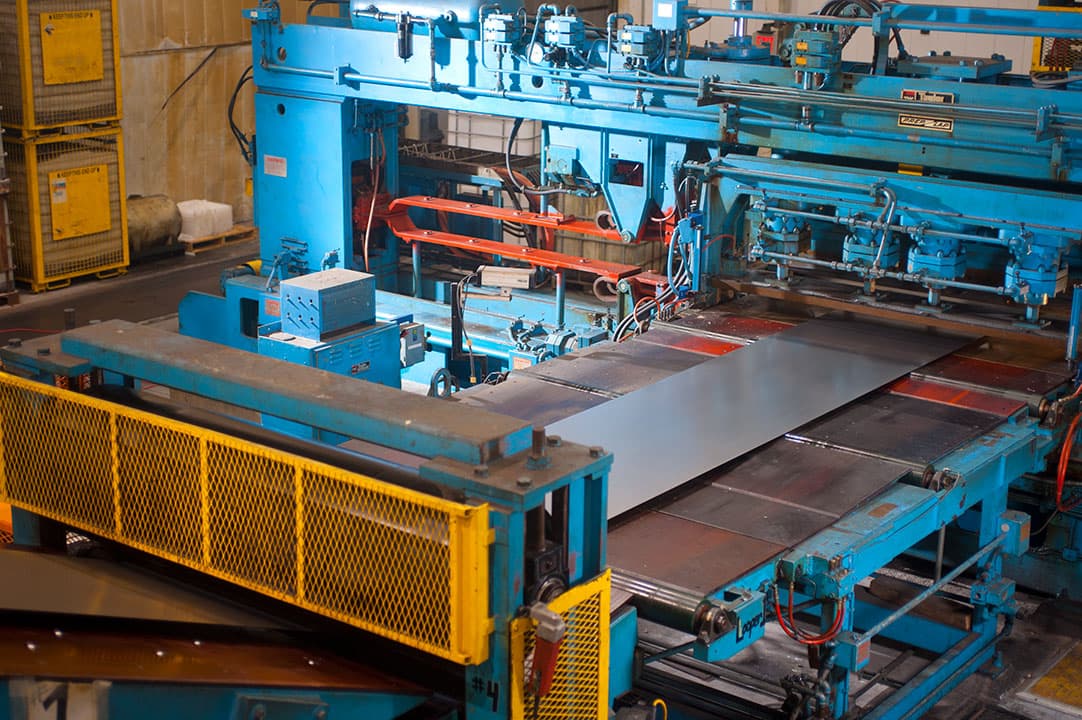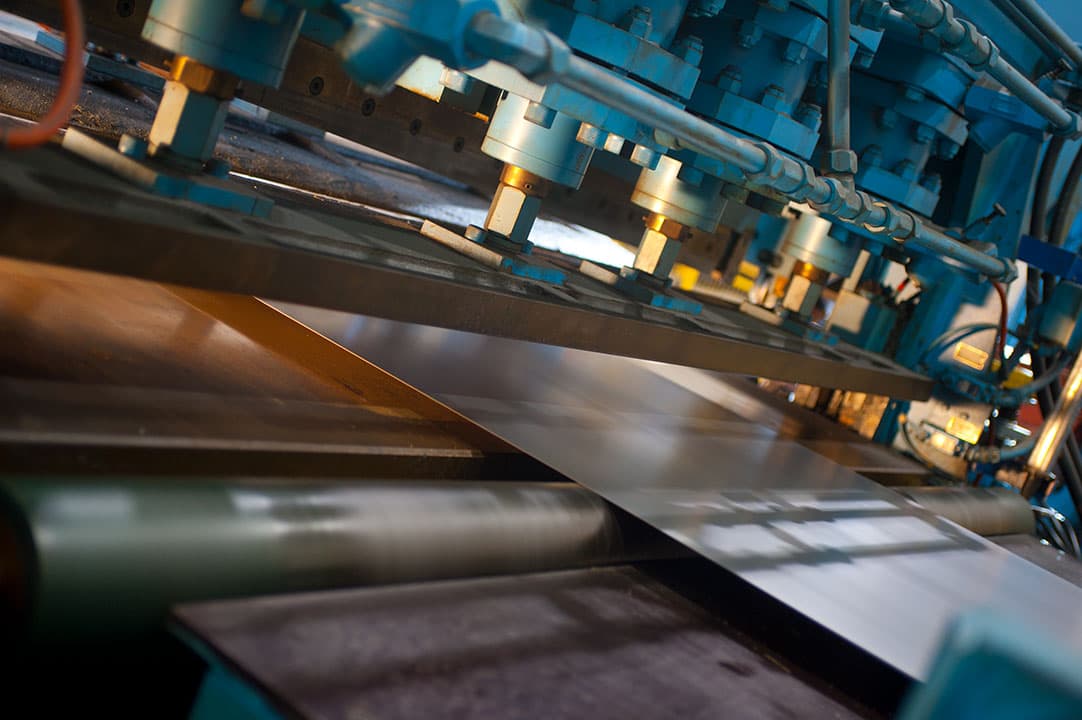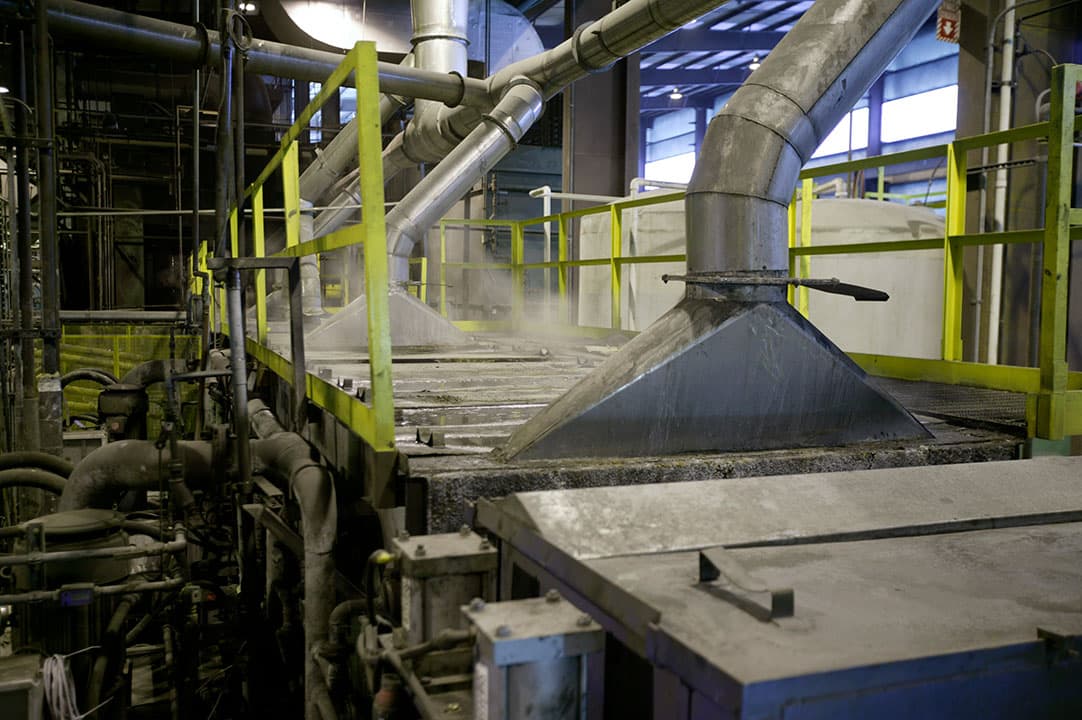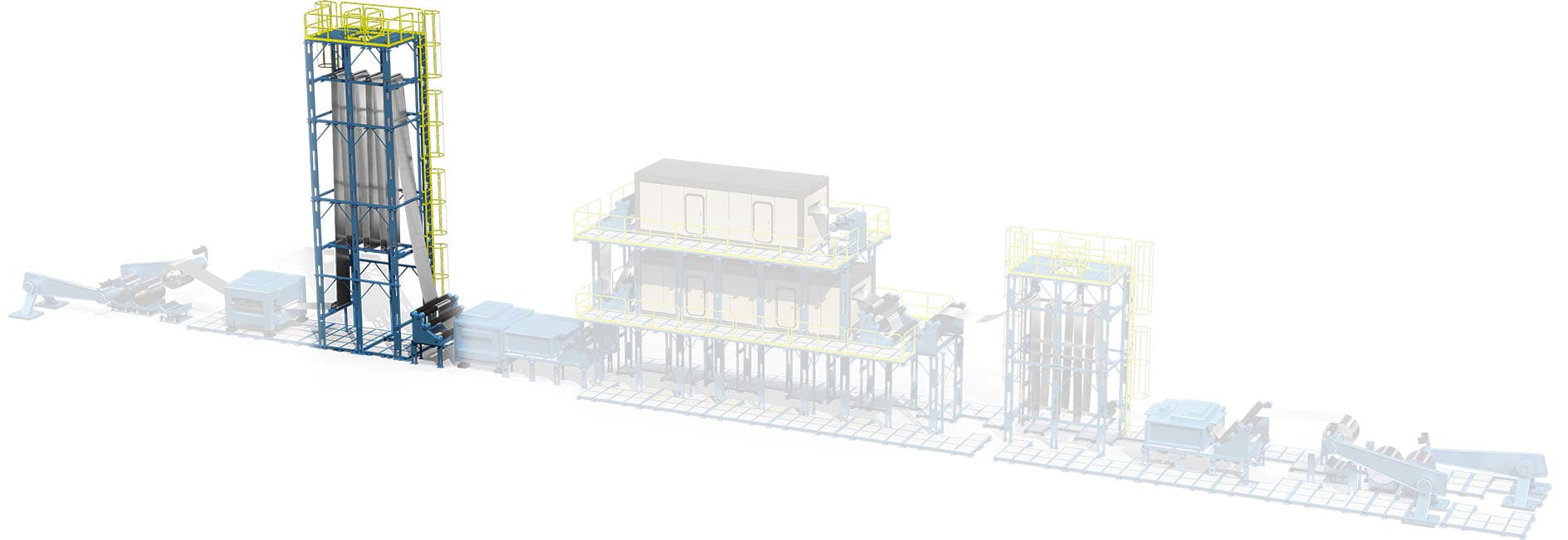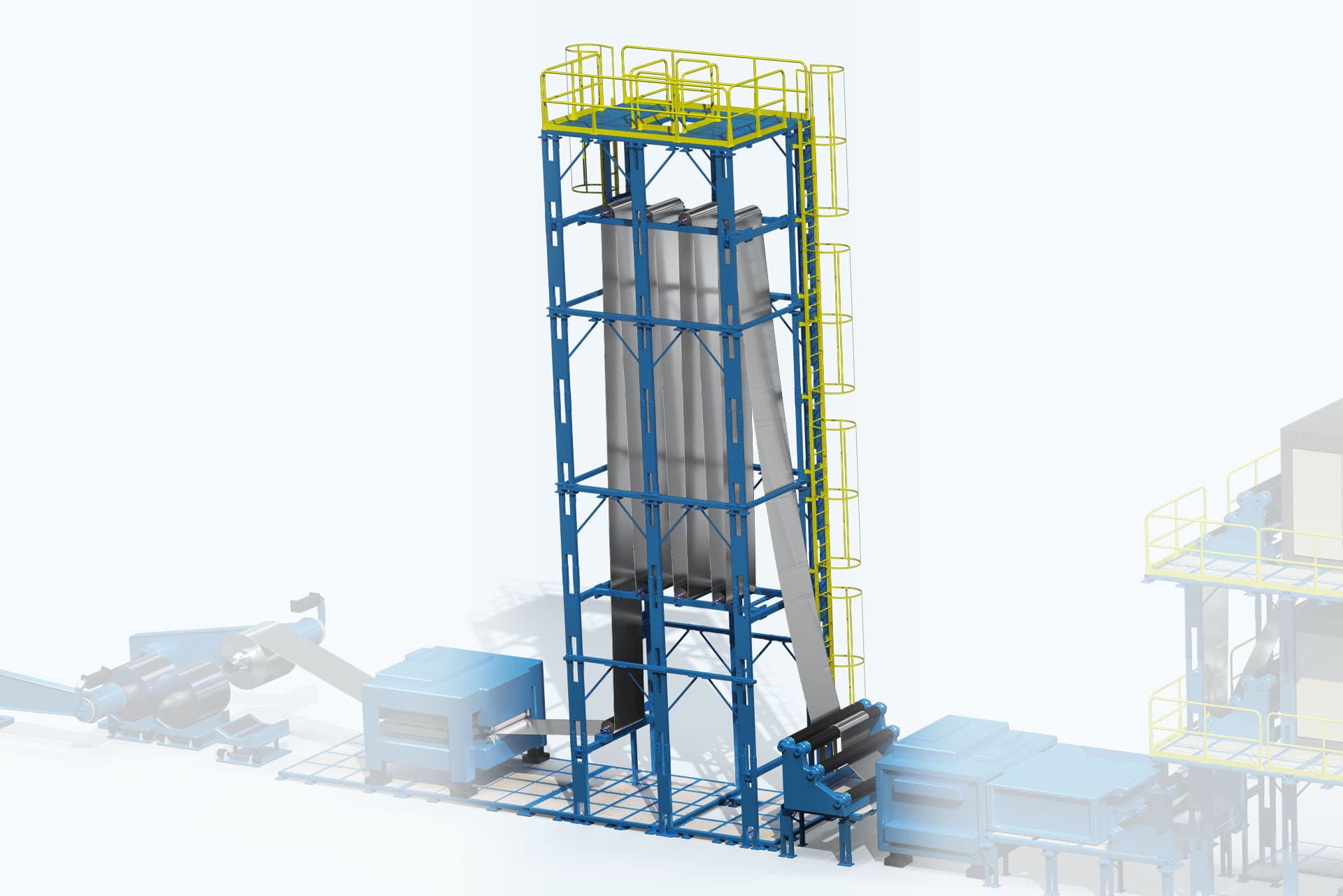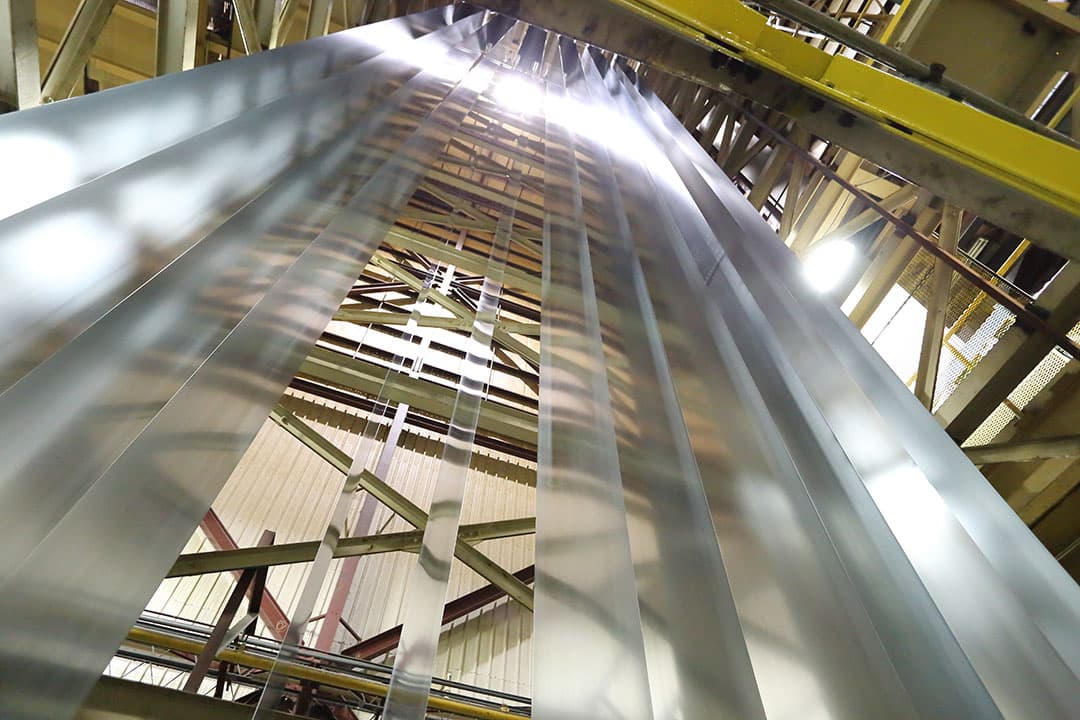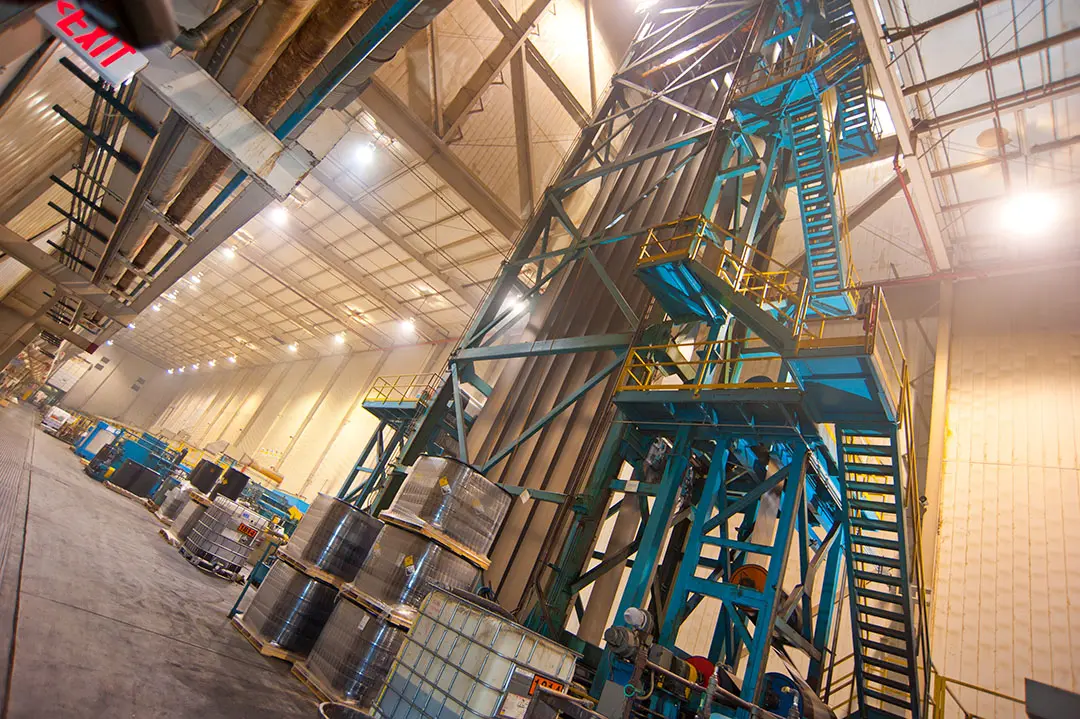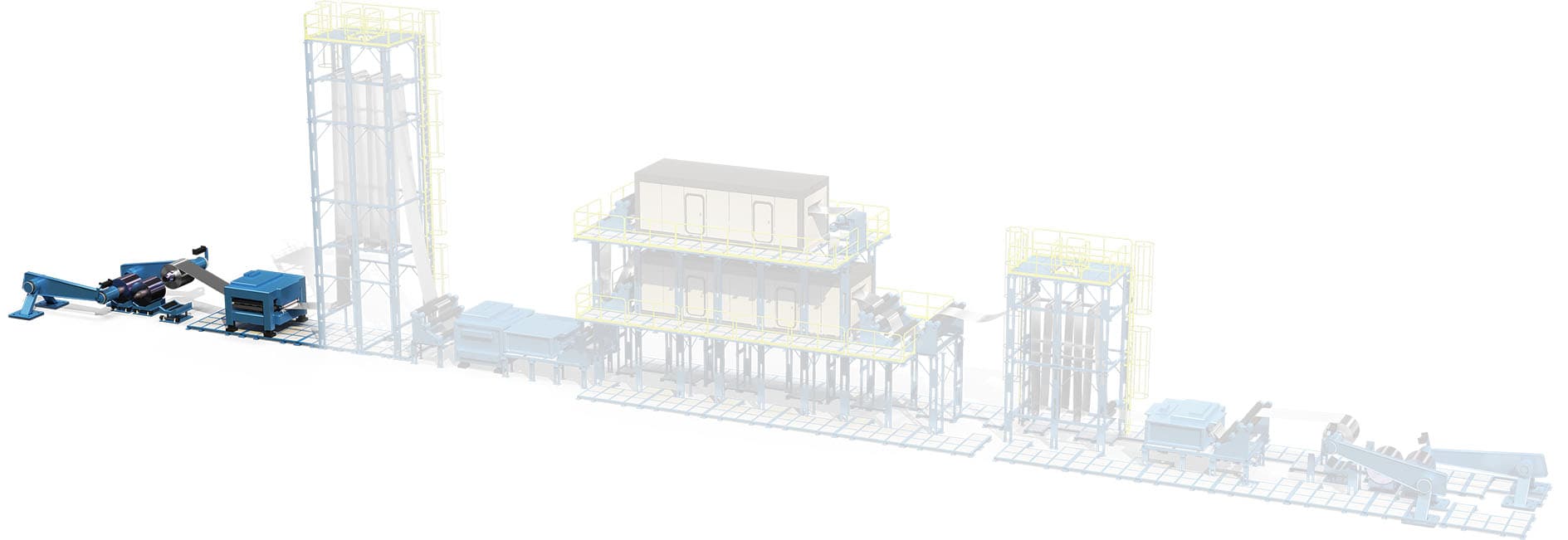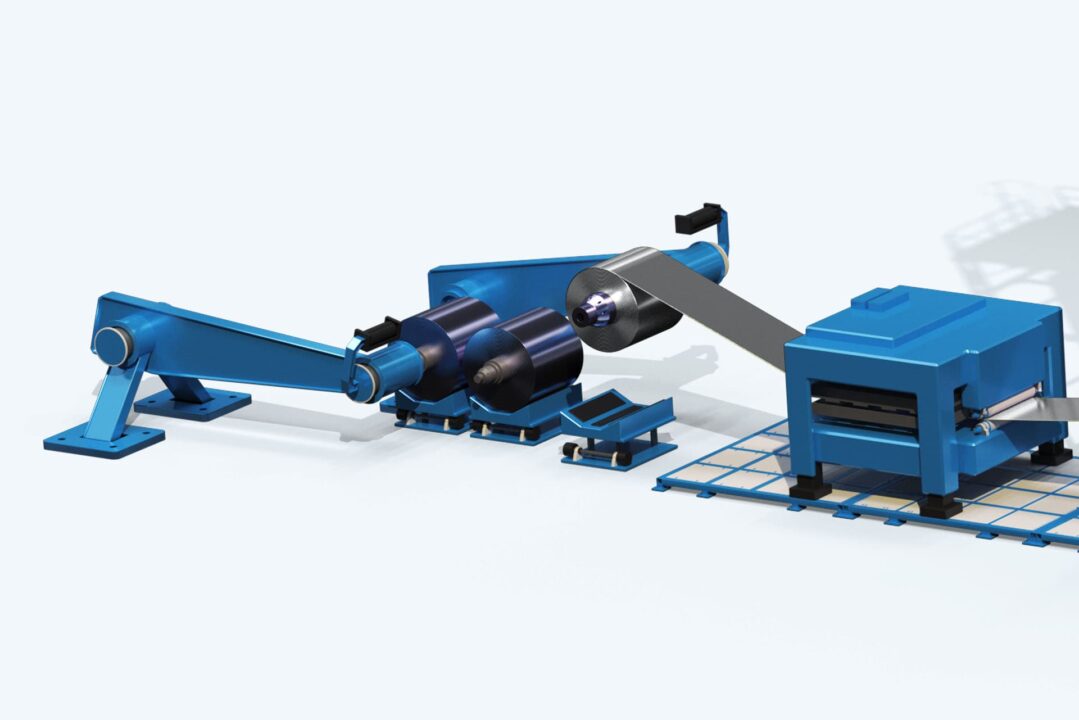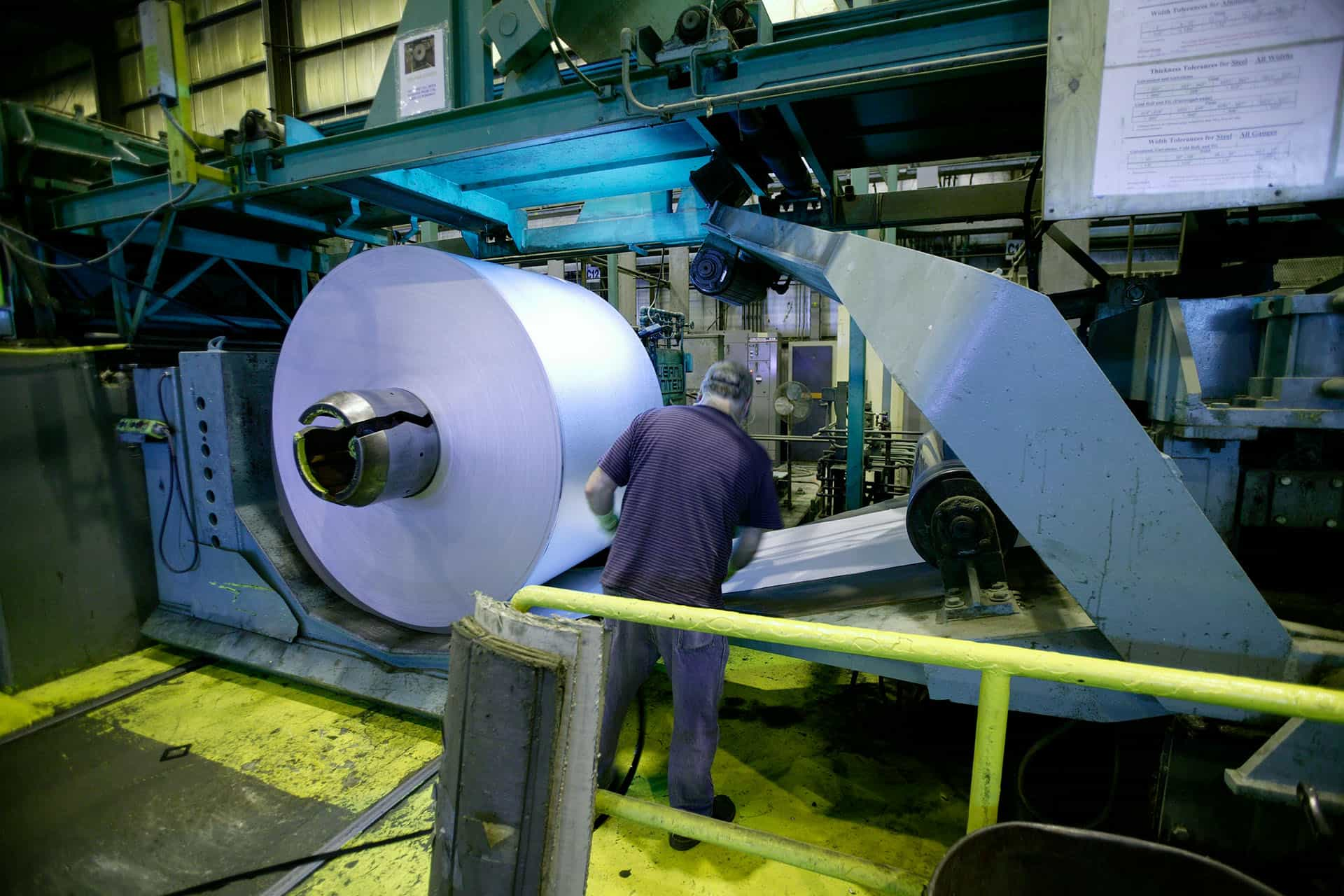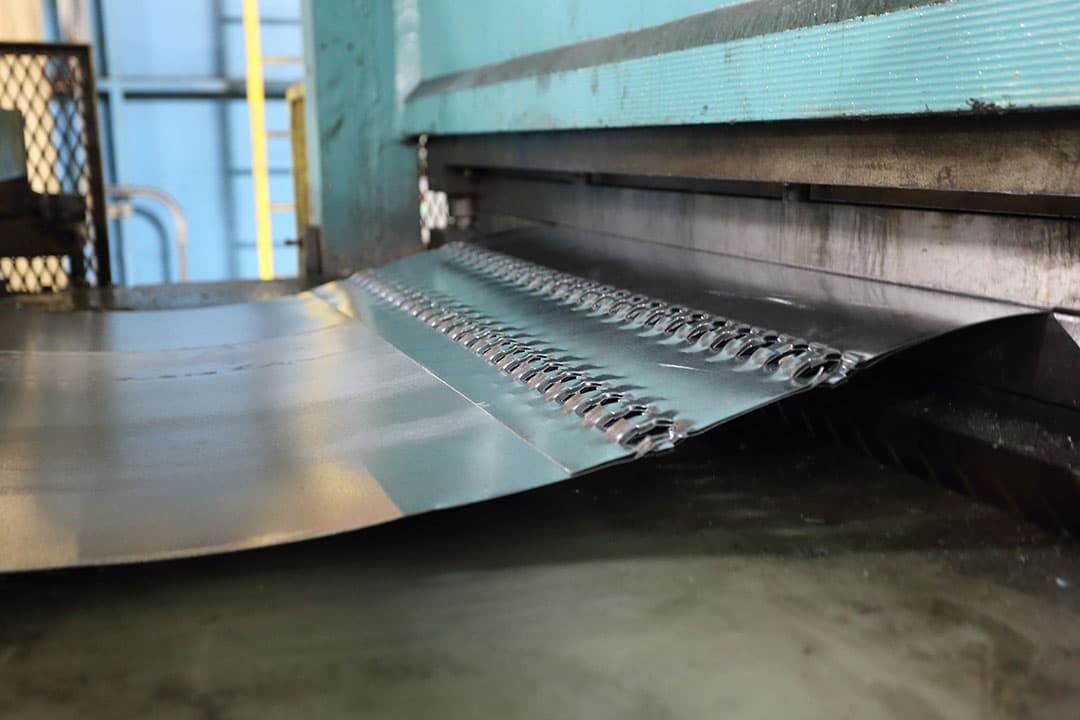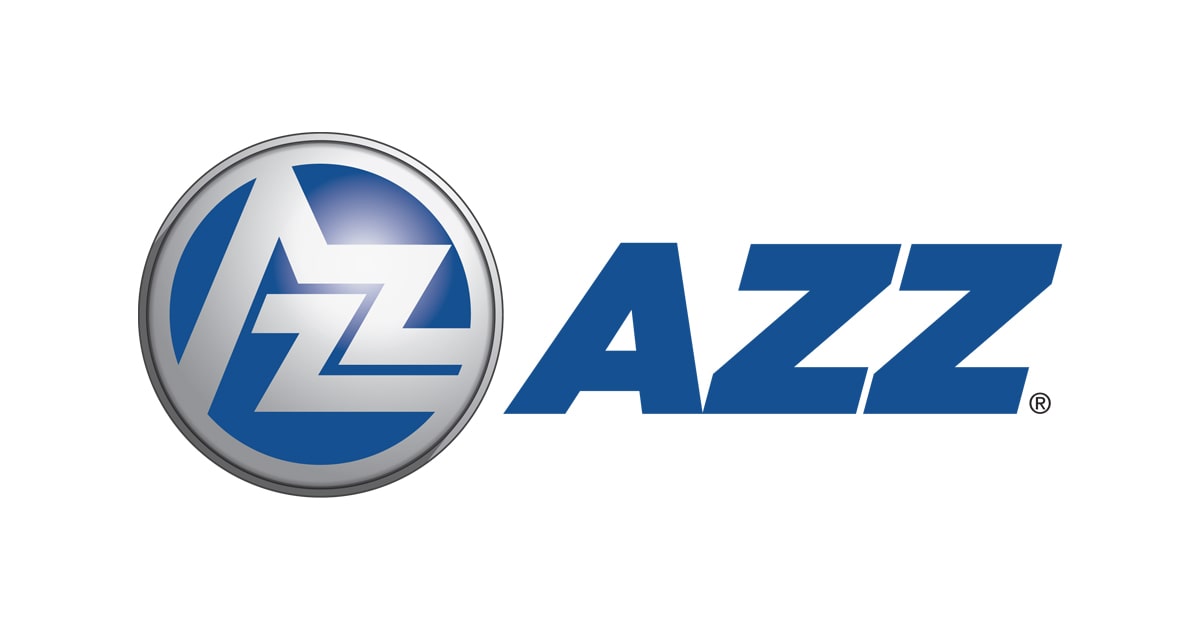Genesis Trailers

With a commitment to delivering top-tier quality and highly durable maritime solutions, Genesis Trailers has established itself as a trusted name in the field. Below are some of the reasons Genesis Trailers has chosen to galvanize every trailer that comes off their lot.
Galvanizing plays a crucial role in corrosion protection by offering three main means of rust prevention. The first is cathodic protection. Cathodic protection is a process that involves sacrificing a more reactive metal to protect a less reactive metal from corrosion. In the context of maritime trailers, the less reactive metal is the steel used in their construction, and the sacrificial metal is zinc. During the galvanizing process, the trailer’s steel components are coated with a layer of zinc inside and out through hot-dip galvanizing. Zinc, being more reactive than steel, becomes the sacrificial anode in the electrochemical reaction that occurs when the trailer is exposed to corrosive maritime elements.
When the galvanized trailer is in service, environmental factors such as moisture and road salts can trigger corrosion. In the presence of these corrosive agents, the zinc sacrificial anode corrodes instead of the steel, effectively sacrificing itself to protect the trailer’s structural integrity. This sacrificial process prevents the steel from rusting and corroding, offering a robust defense against the detrimental effects of oxidation. Furthermore, a galvanized trailer is fully coated inside and out which is a significant increase over a painted trailer which begins to rust from day 1. The result is an extended lifespan for the trailer, reduced maintenance needs, and enhanced reliability in various operating conditions, making galvanizing a valuable method for ensuring the long-term cathodic protection of trailers.
Secondly, galvanizing emerges as a frontline defender through its barrier protection. The galvanizing process involves immersing the trailer’s steel components in molten zinc, creating a robust, multi-layered barrier on the surface. This zinc coating acts as an impermeable shield, preventing corrosive agents like salt, water, and other harsh maritime chemicals from making direct contact with the underlying steel. The formation of zinc oxide on the surface further enhances this protective barrier, providing an additional layer that resists corrosion. As a result, galvanized trailers exhibit exceptional resilience in maritime settings, where the corrosive impact of salt and water is particularly pronounced. This barrier protection not only prolongs the life of the trailer by thwarting corrosion but also ensures its continued functionality, making galvanizing an indispensable solution for trailers navigating the challenges of the open sea.
The third benefit of galvanizing maritime trailers is the formation of the zinc patina. The patina is a distinctive and beneficial feature that develops over time on galvanized surfaces, including those of trailers. As a result of exposure to the environment, a natural oxidation process occurs, forming a thin layer of zinc carbonate on the galvanized steel. This zinc patina is a visible sign of the galvanized coating adapting to its surroundings and is characterized by a matte, grayish appearance. Importantly, the zinc patina acts as an additional protective layer, enhancing the corrosion resistance of the galvanized surface. This weathered patina not only contributes to the aesthetic appeal of the trailer but also signifies the ongoing effectiveness of the galvanized coating in sacrificially protecting the underlying steel. The zinc patina is a testament to the durability and long-lasting performance of galvanized trailers, as it continues to fortify the protective barrier against corrosion, ensuring a sustained and reliable service life even in challenging environmental conditions.
In order to get the full benefit of all three levels of protection it was important to have a properly designed unit. Genesis Trailers faced notable challenges related to venting and draining in their design process, specifically aiming to allow air to escape during the hot-dip galvanizing process and to minimize runoff veins post-galvanizing for aesthetic purposes. Recognizing the importance of efficient air circulation during the galvanizing bath to ensure uniform coating, Genesis collaborated closely with their galvanizer to engineer effective venting mechanisms within the trailer’s intricate structure. Additionally, to reduce runoff veins, which can affect the aesthetic and functional aspects of the galvanized surface, the design was again refined to facilitate smooth drainage. This collaboration not only underscores the technical acumen of Genesis Trailers but also highlights the value of a symbiotic relationship with their galvanizing partner. By jointly addressing these challenges, Genesis ensures that their trailers not only receive comprehensive corrosion protection but also maintain a high-quality finish, reflecting the meticulous attention to detail and commitment to excellence in their design and galvanizing processes.
In conclusion, the cost-effectiveness of galvanized trailers in the harsh maritime environment becomes evident through the dual benefits of extended lifespan and reduced maintenance requirements. The hot-dip galvanizing process, with its sacrificial protection and the development of a zinc patina, provides a formidable defense against the corrosive forces prevalent in maritime settings. The trailers, shielded by this robust barrier, demonstrate exceptional resistance to rust and deterioration, resulting in a significantly prolonged operational life. This longevity translates directly into cost savings, as the need for frequent repairs and replacements is minimized. Moreover, the upfront investment in galvanizing proves to be a prudent financial decision in the long run, as these trailers withstand the challenges of water and salt exposure in harsh weather conditions. In the maritime domain, where corrosion poses a constant threat, the cost-effectiveness of galvanized trailers is not just a financial consideration but a strategic investment in sustainable and resilient transportation solutions.
The galvanizing process, with its sacrificial protection and the development of a zinc patina, provides a formidable defense against the corrosive forces prevalent in maritime settings.
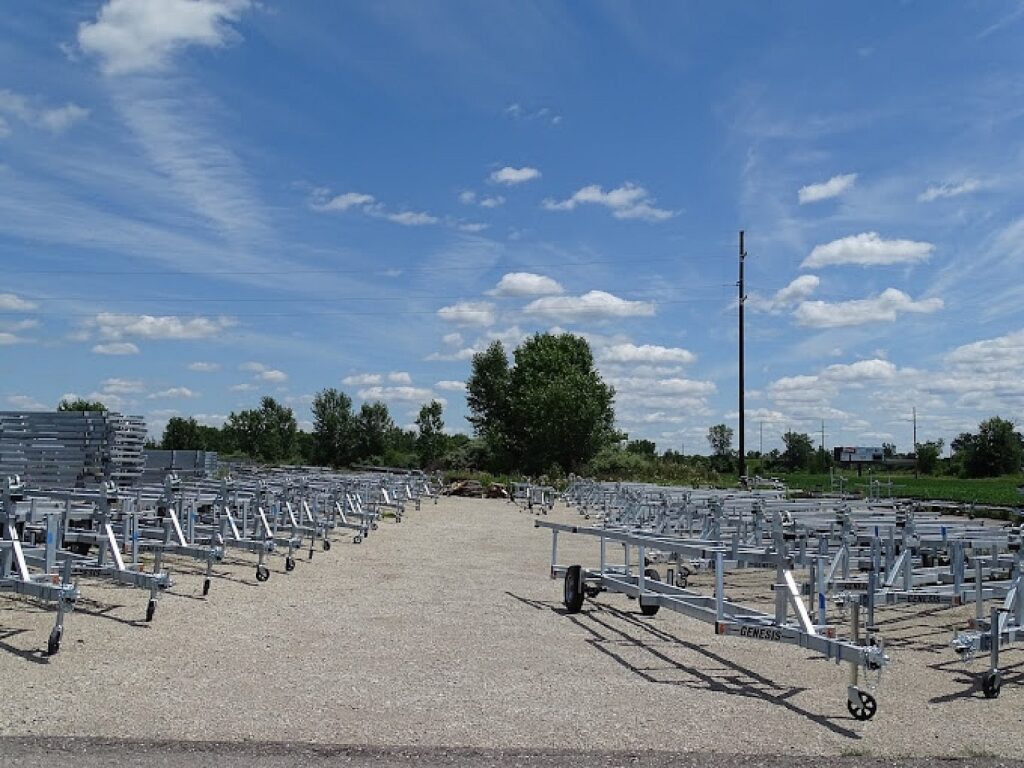
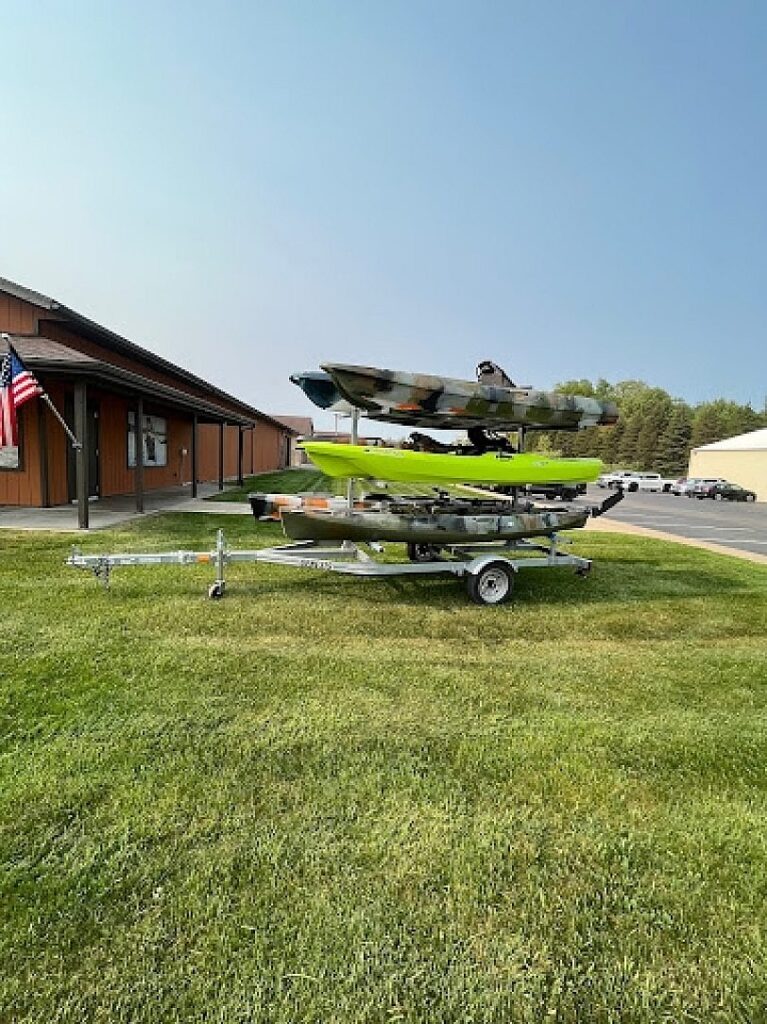
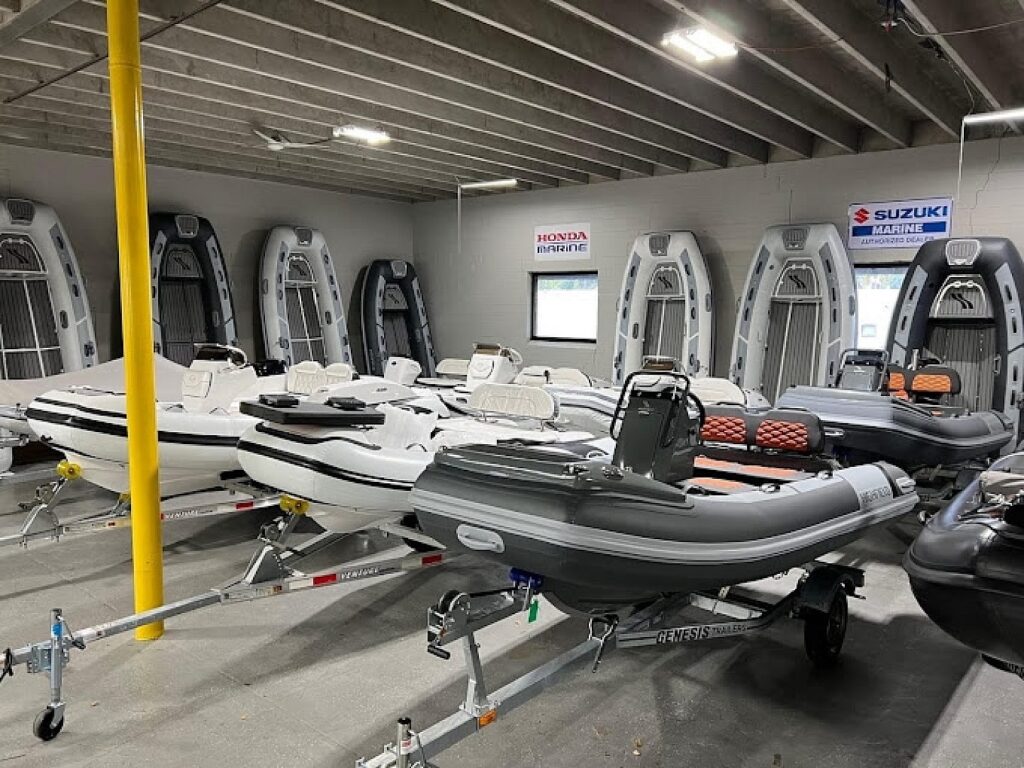
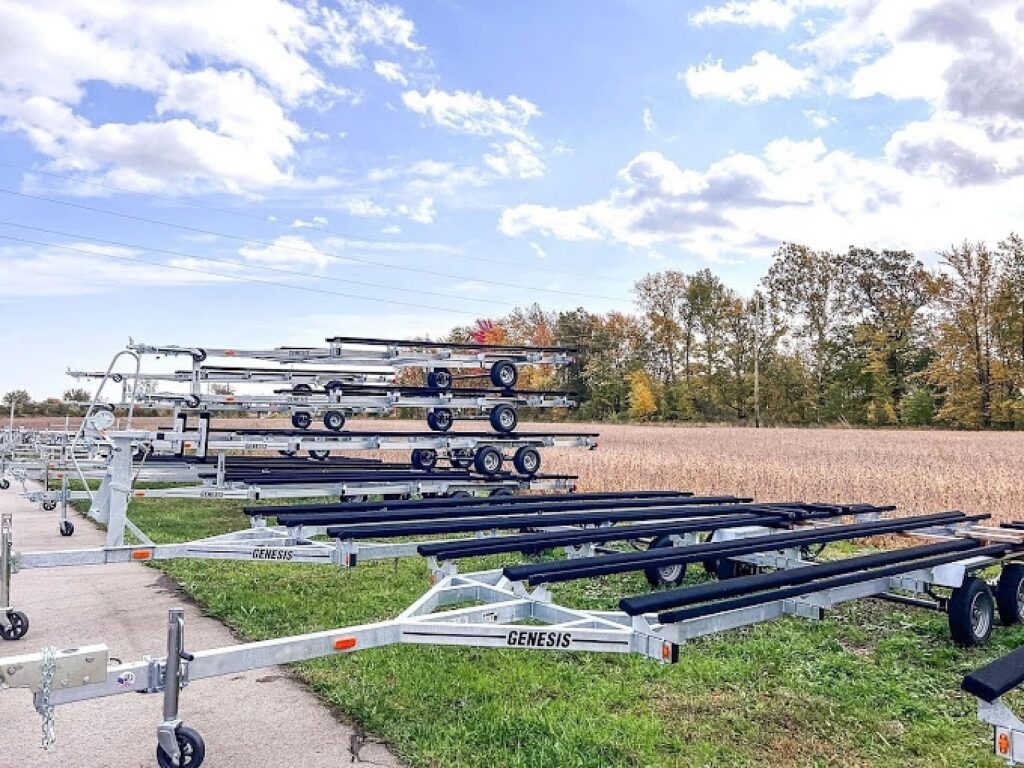
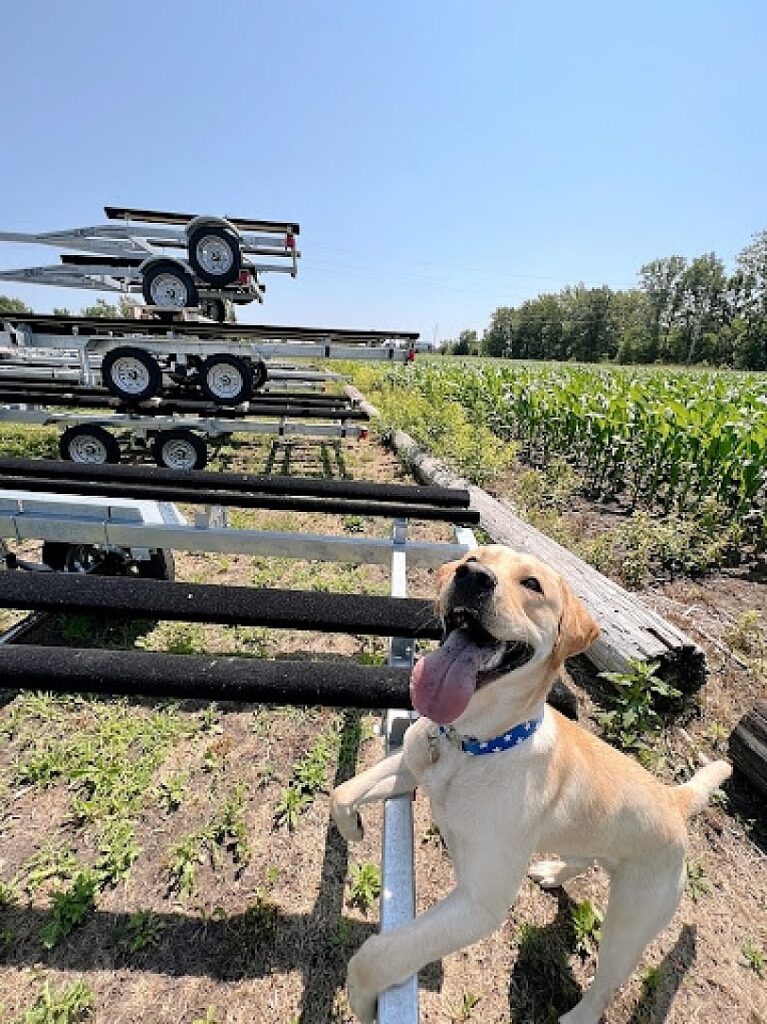
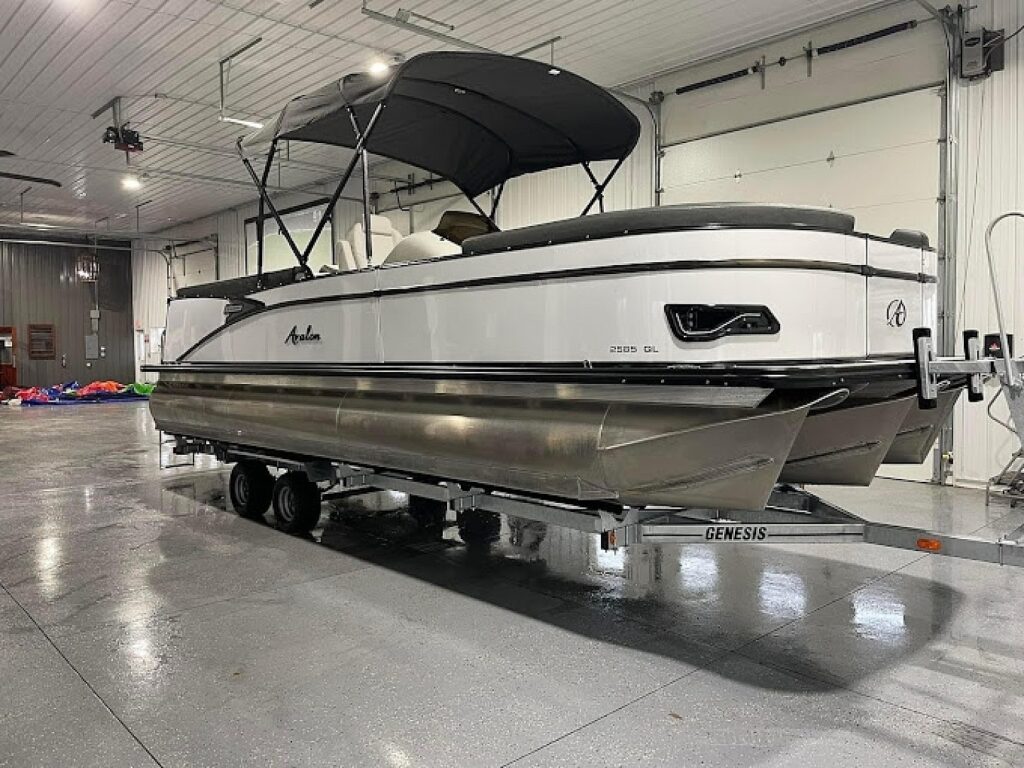
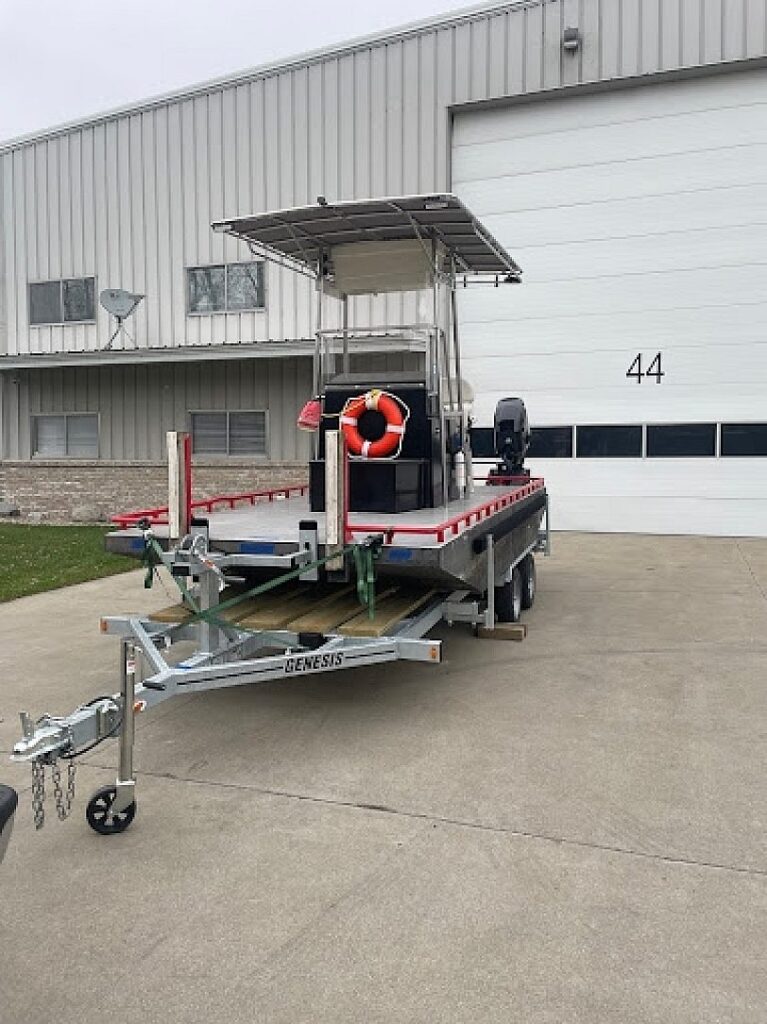
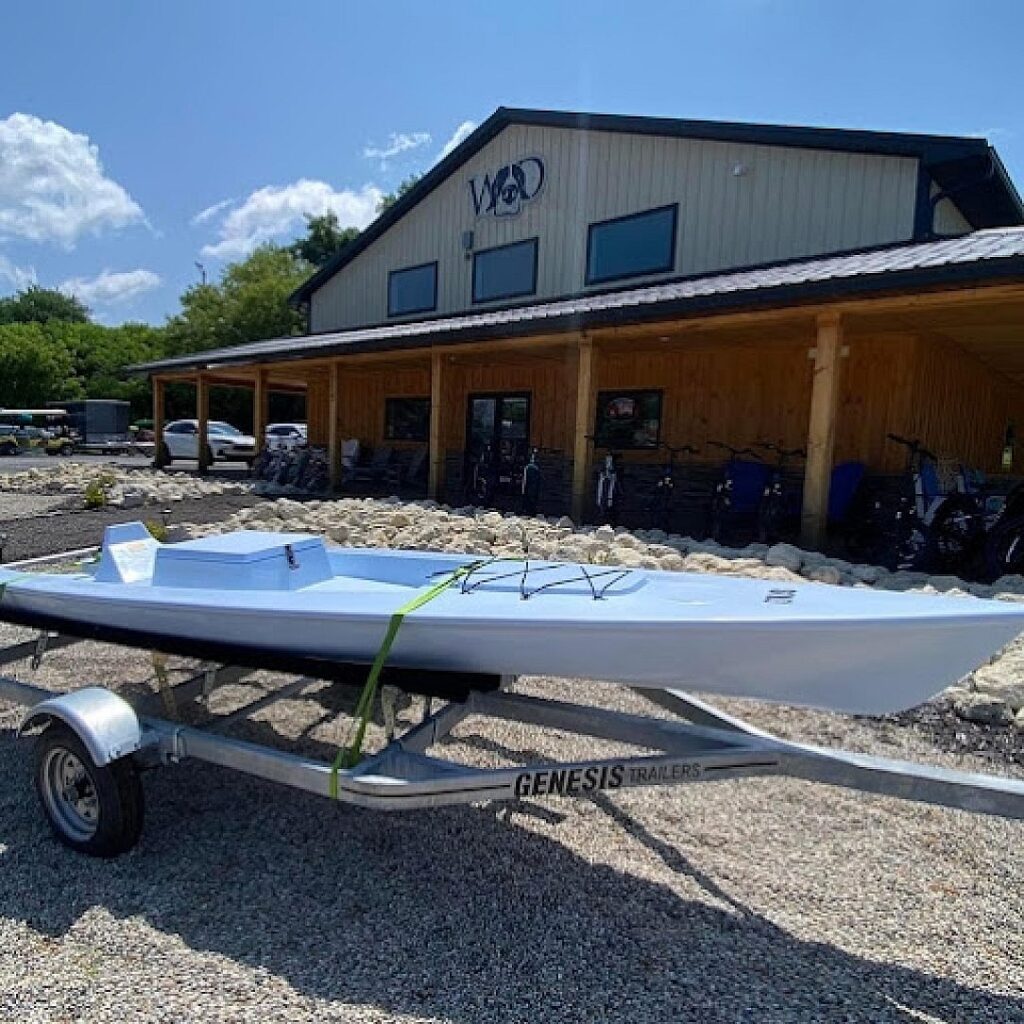
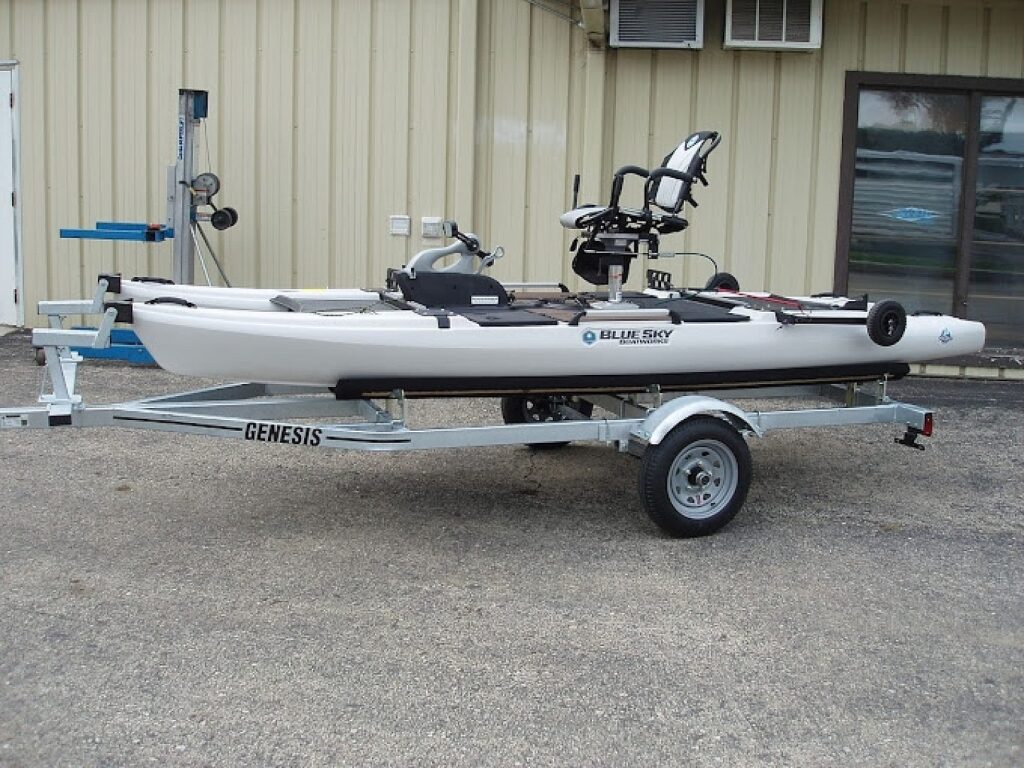
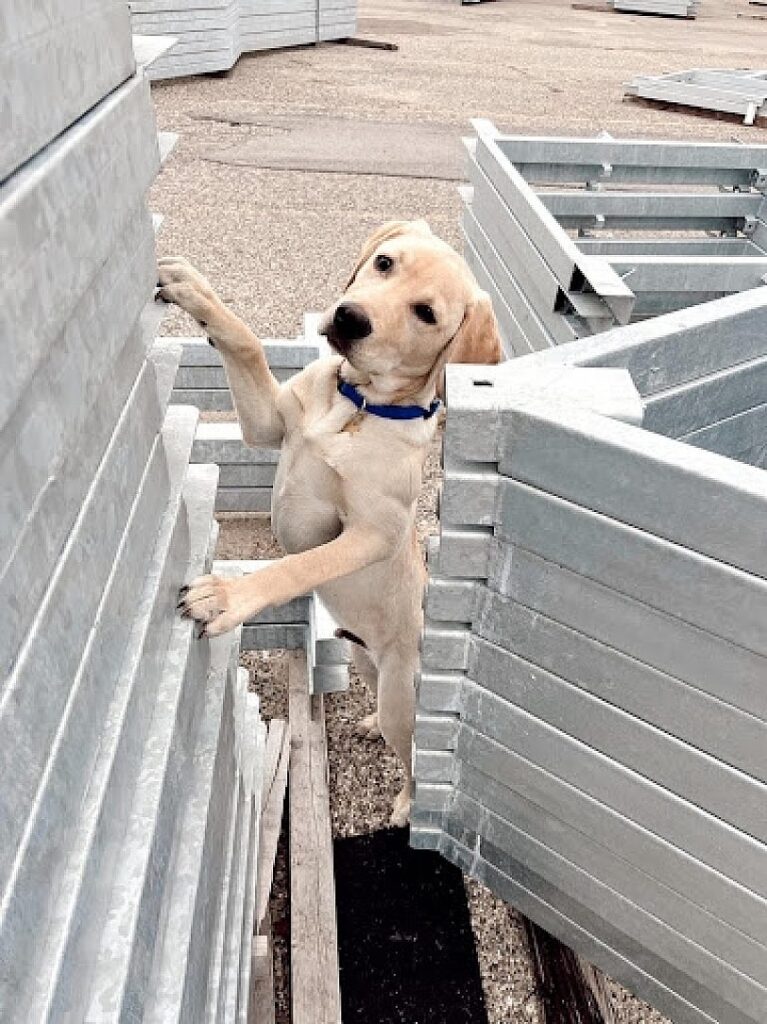
Contact Us
Email Signup
Sign up to receive the latest news from AZZ




